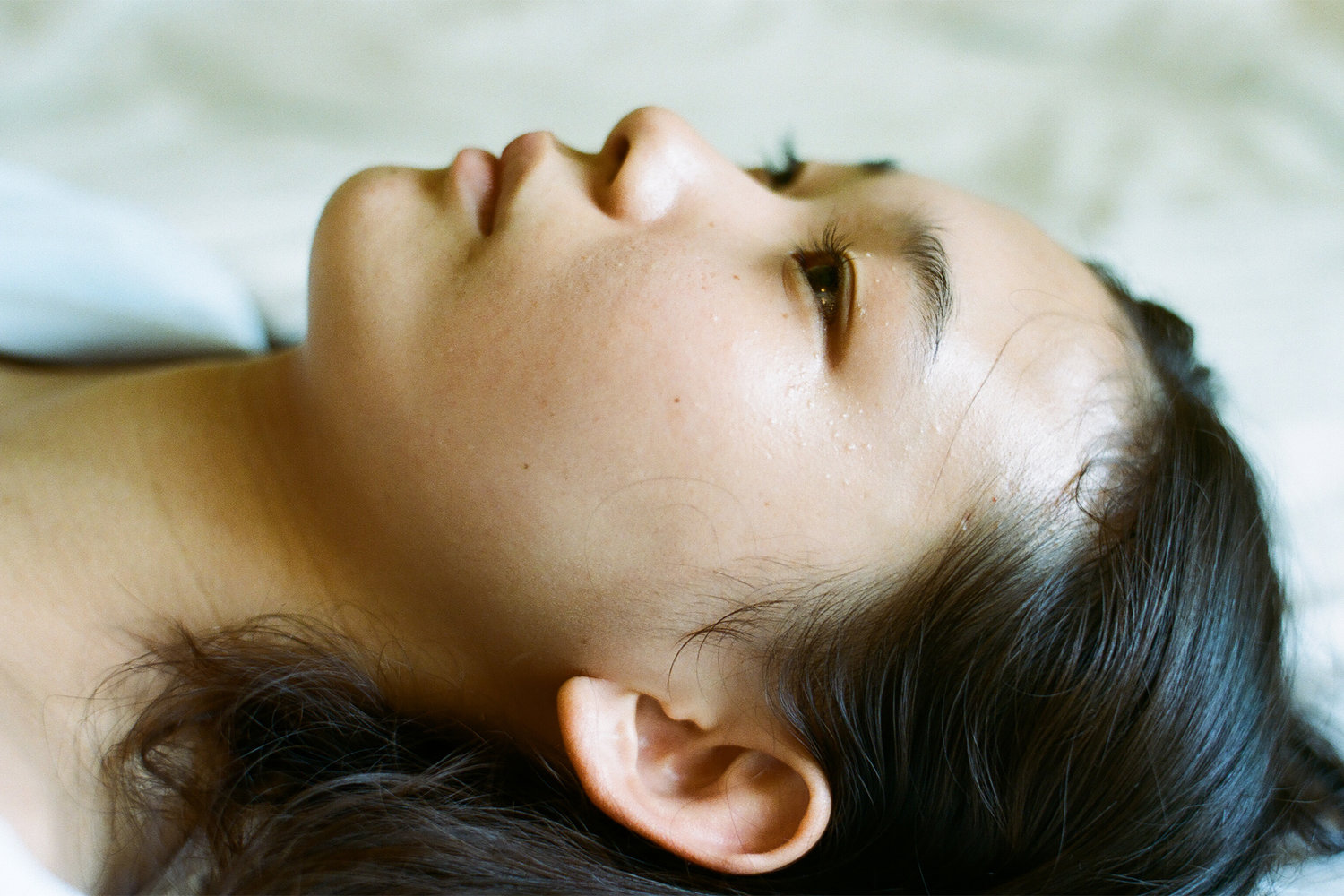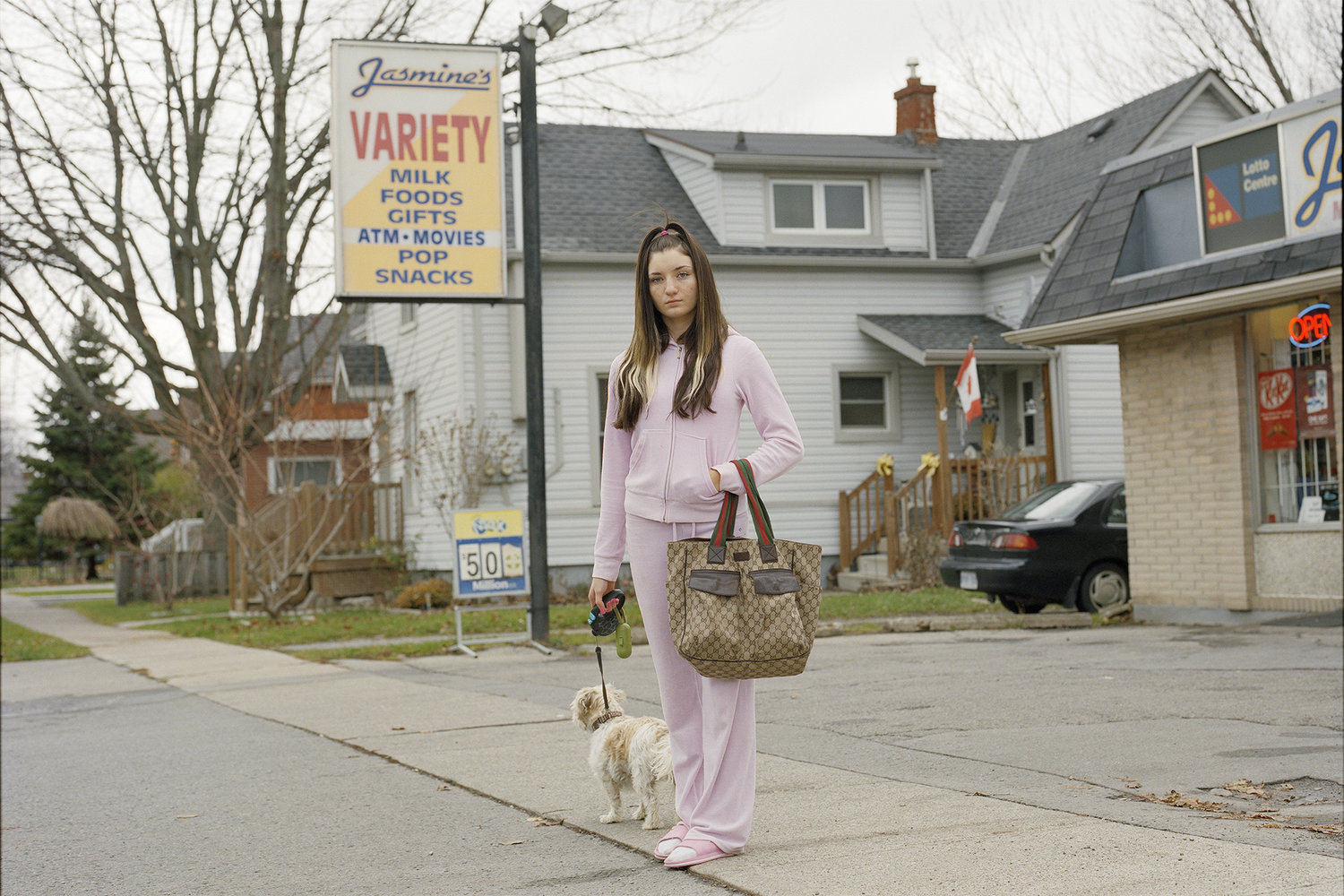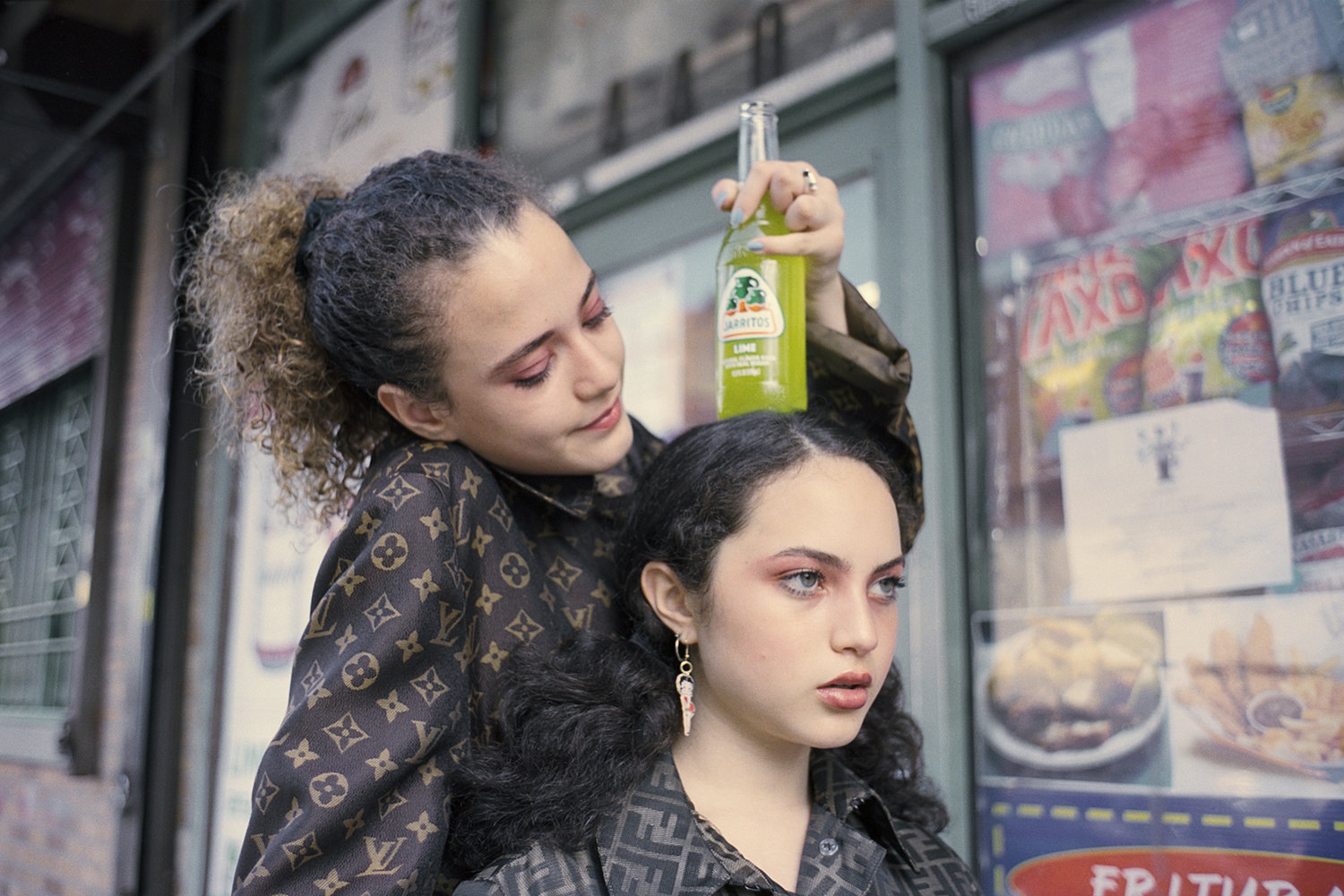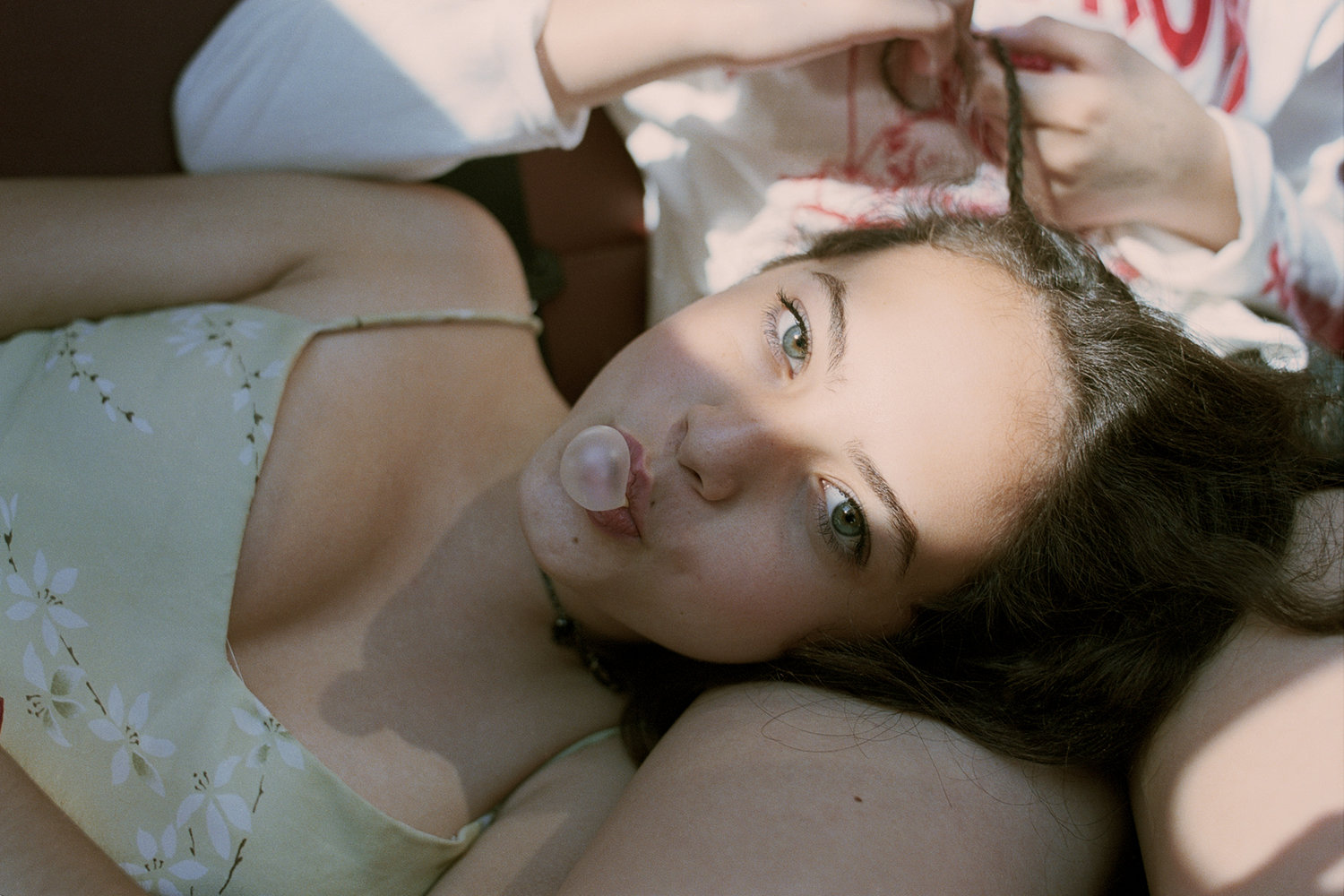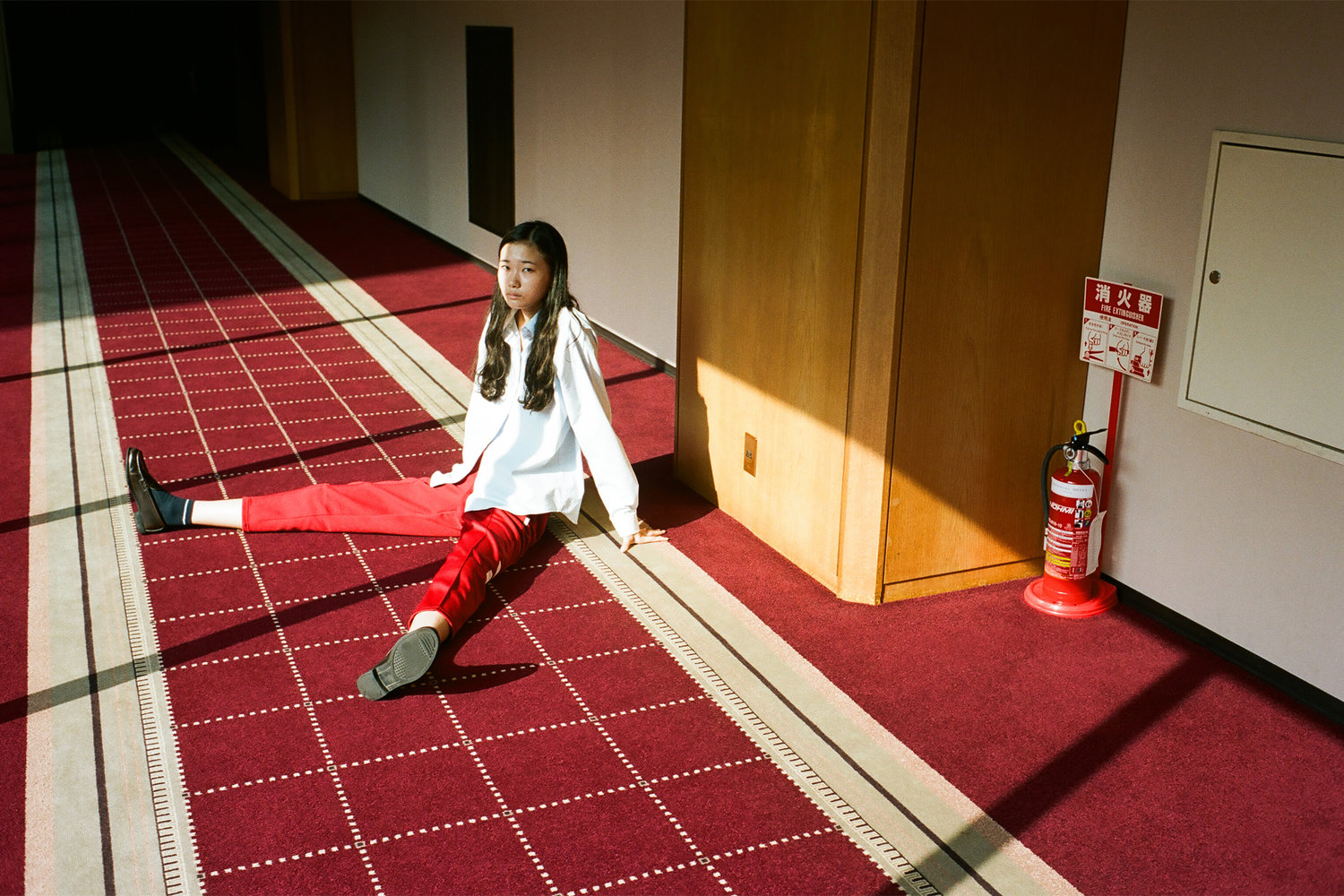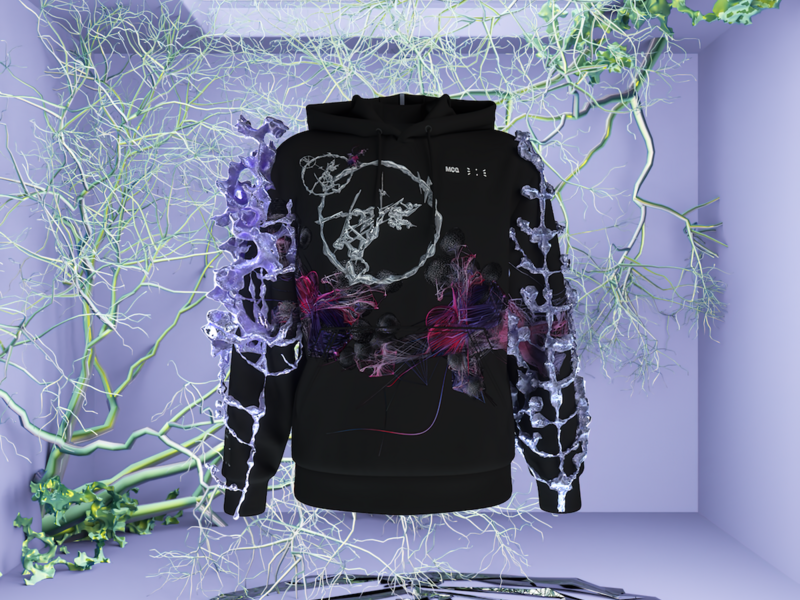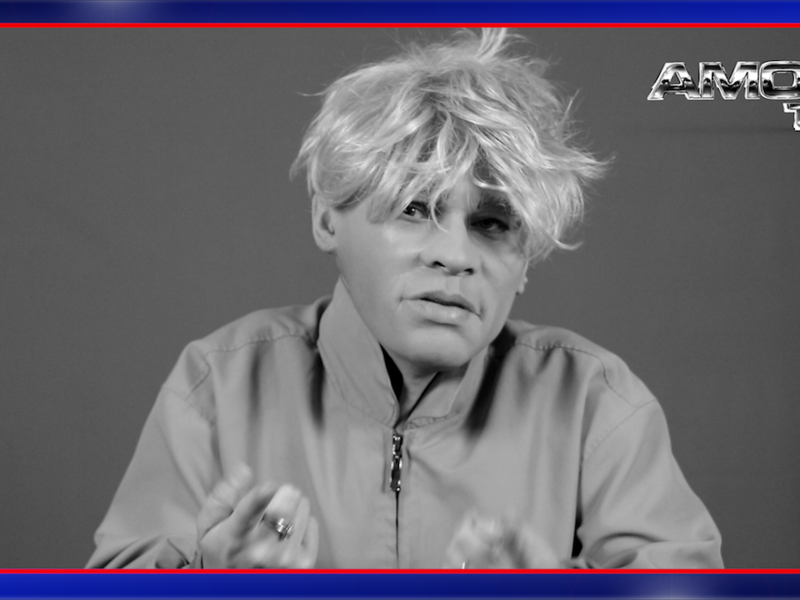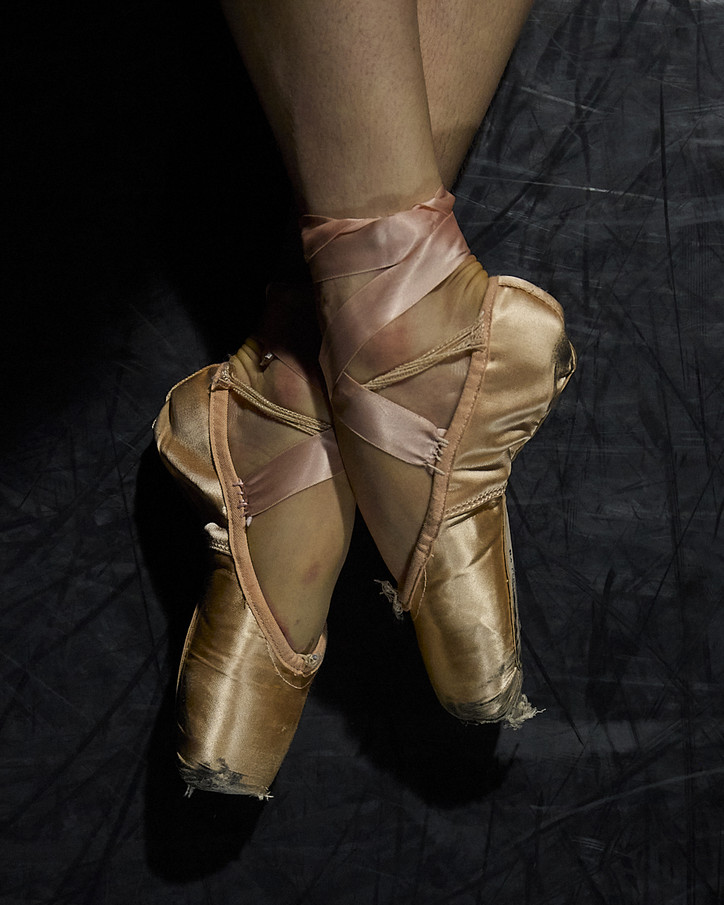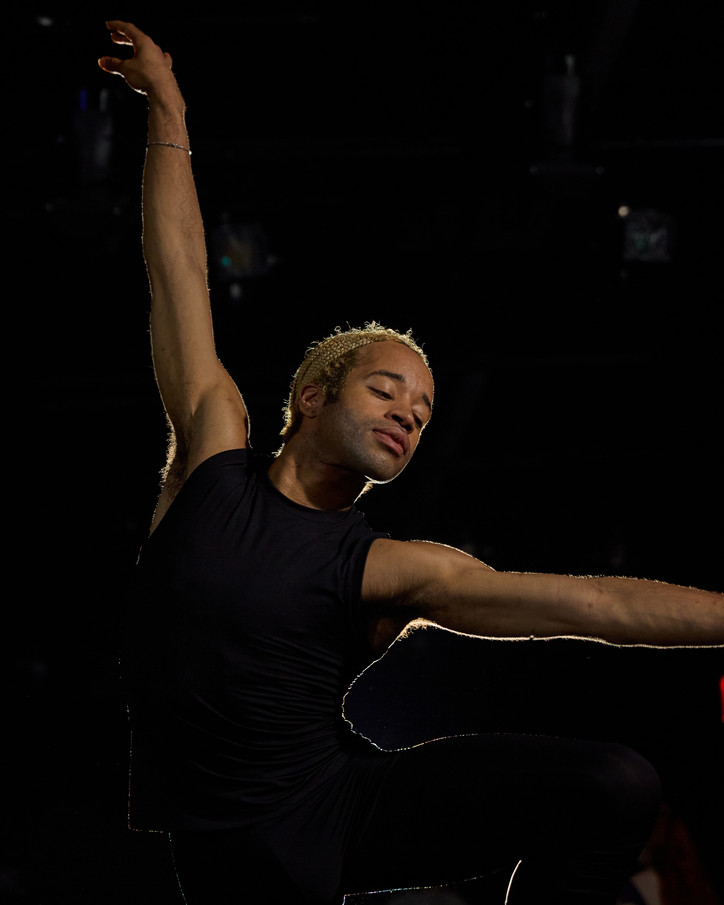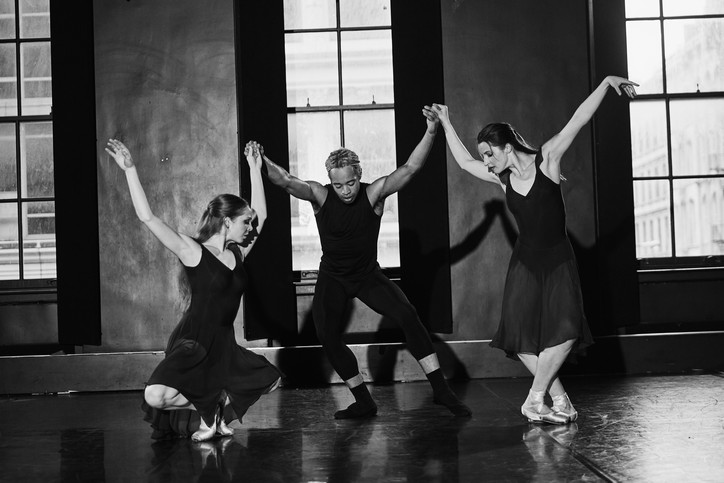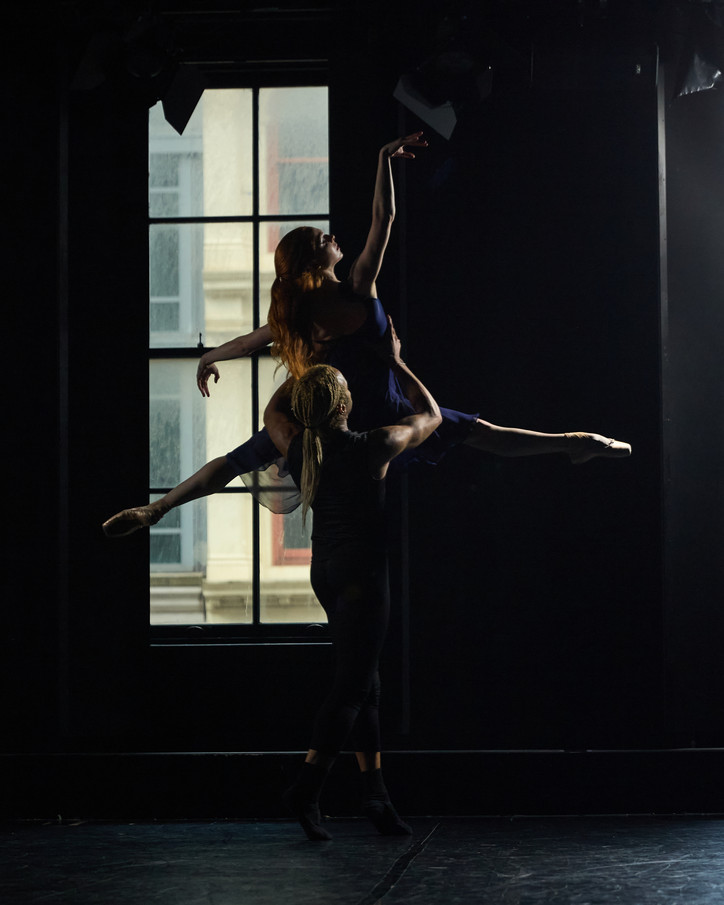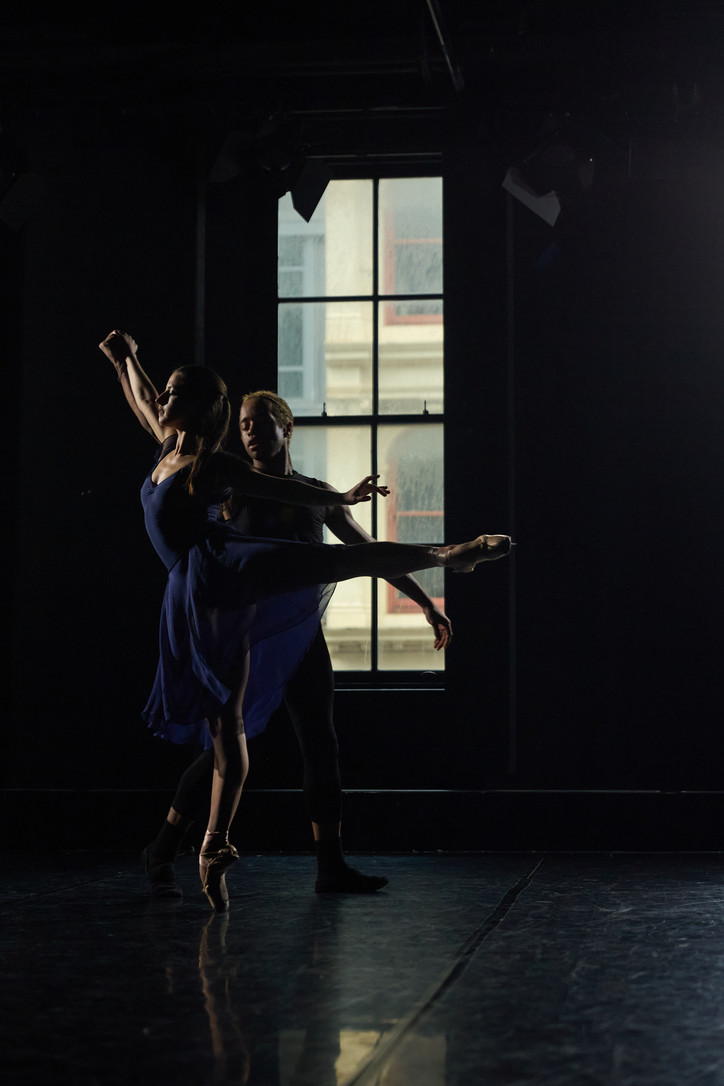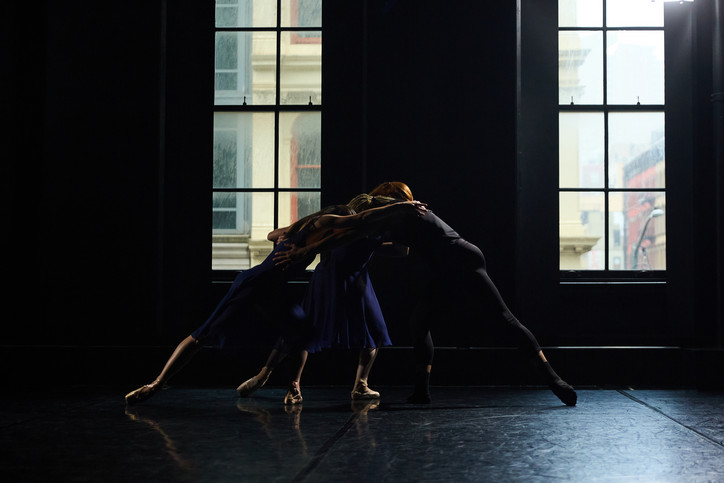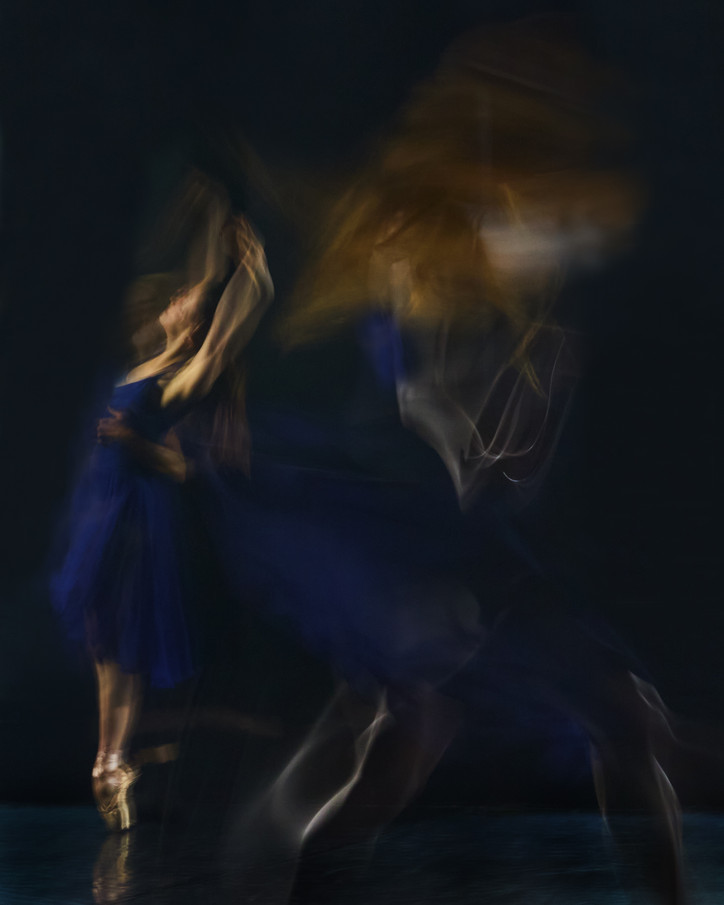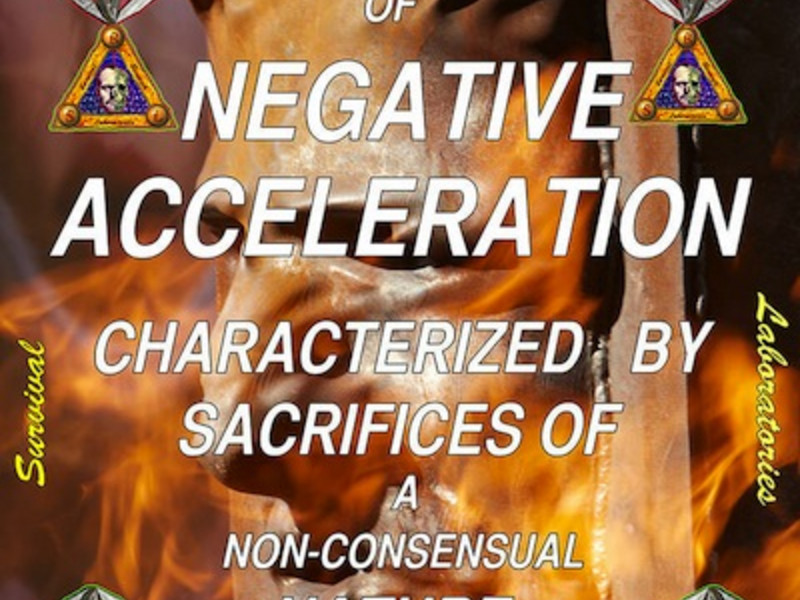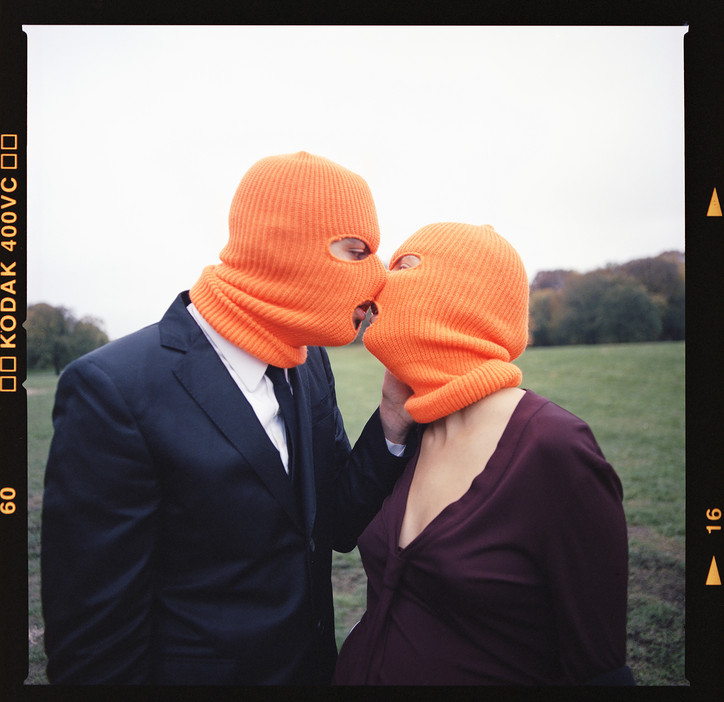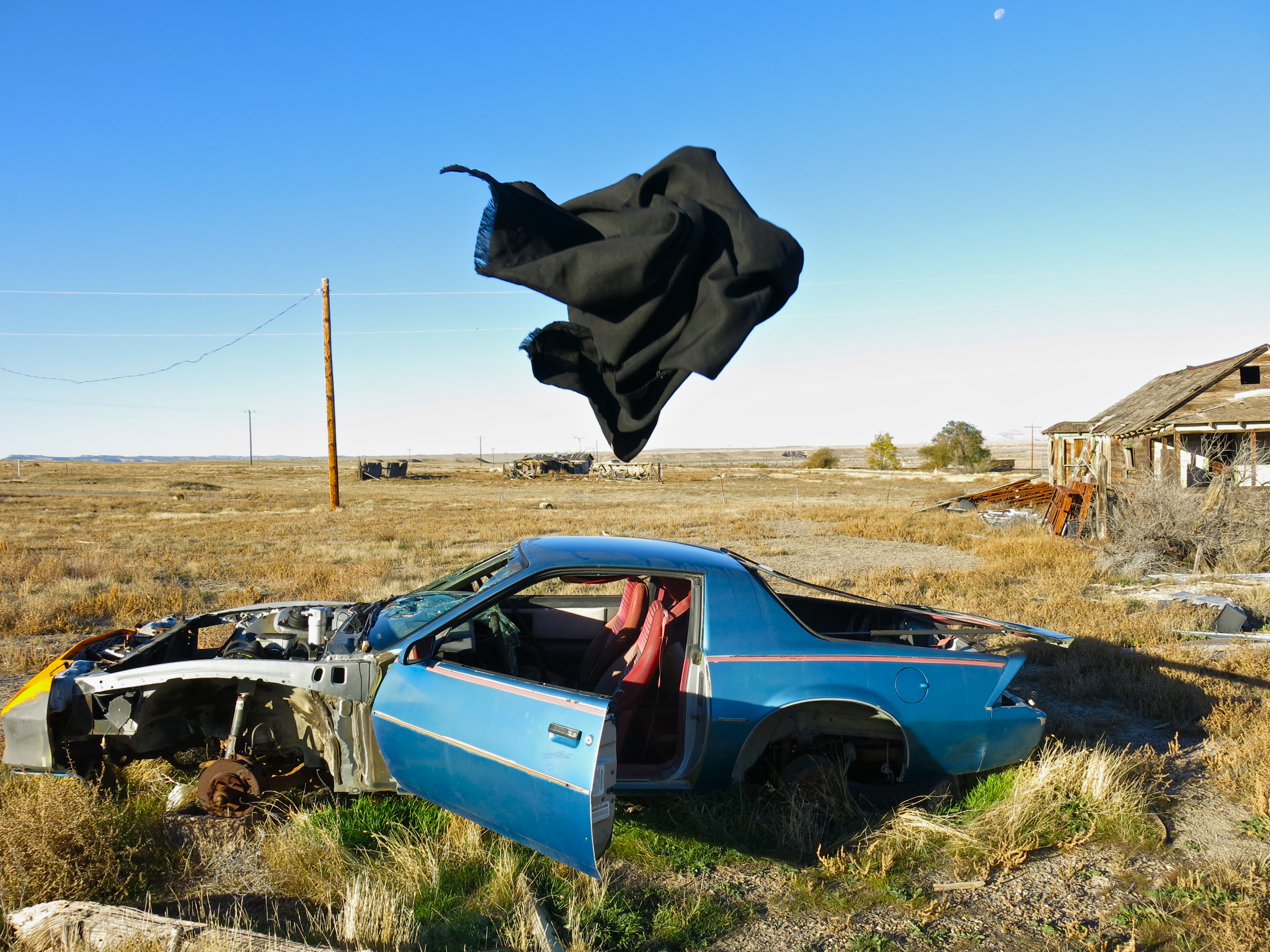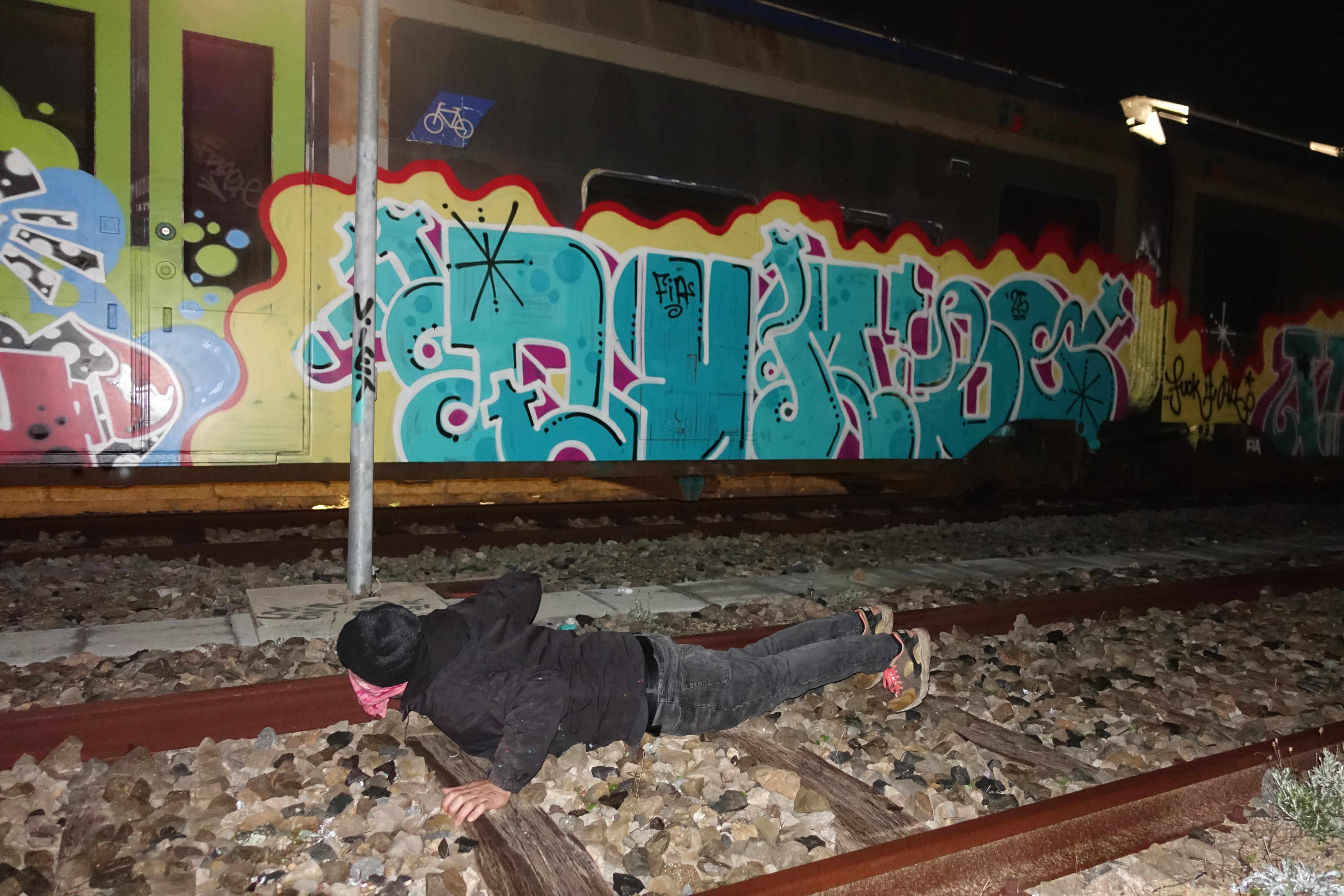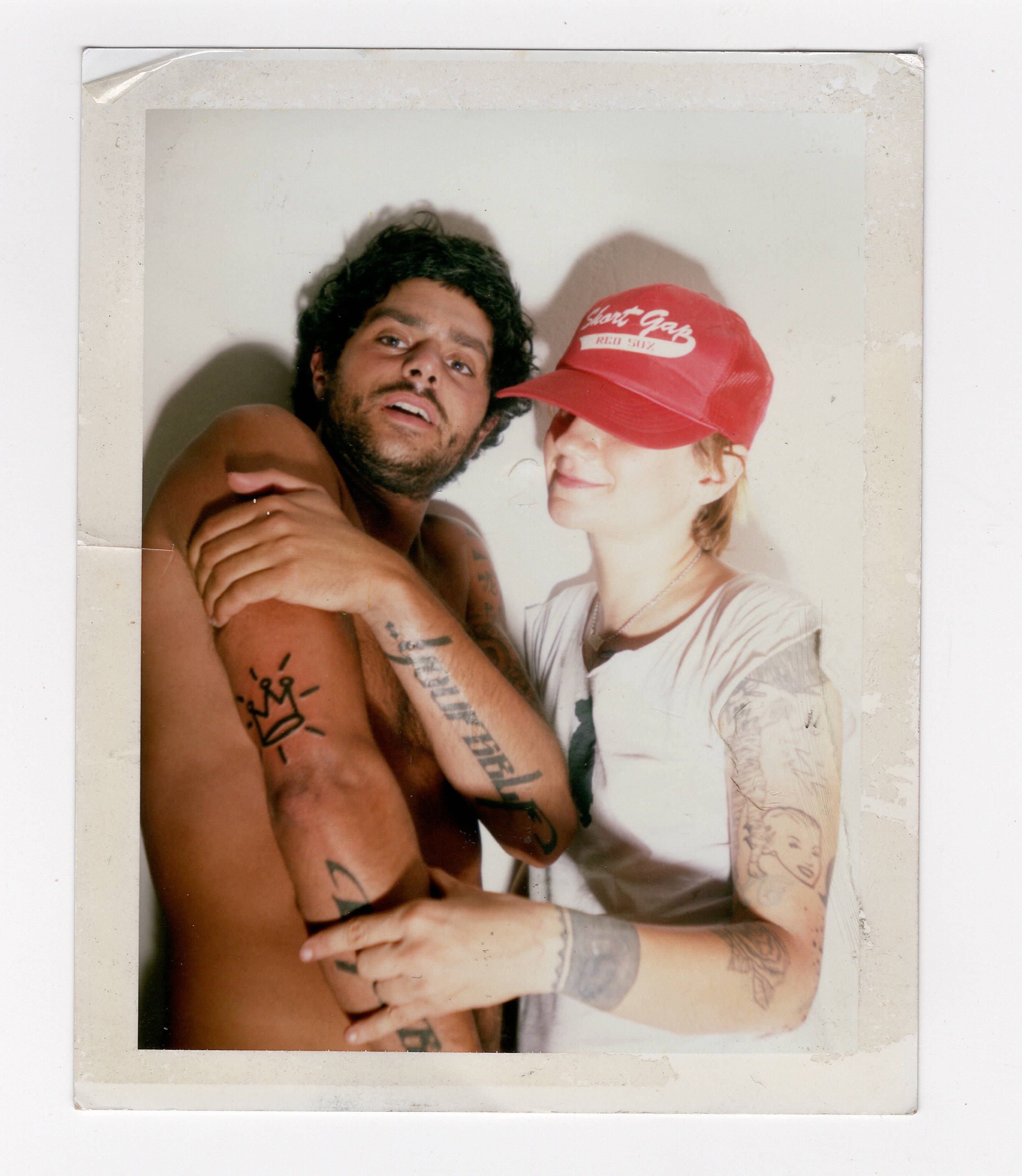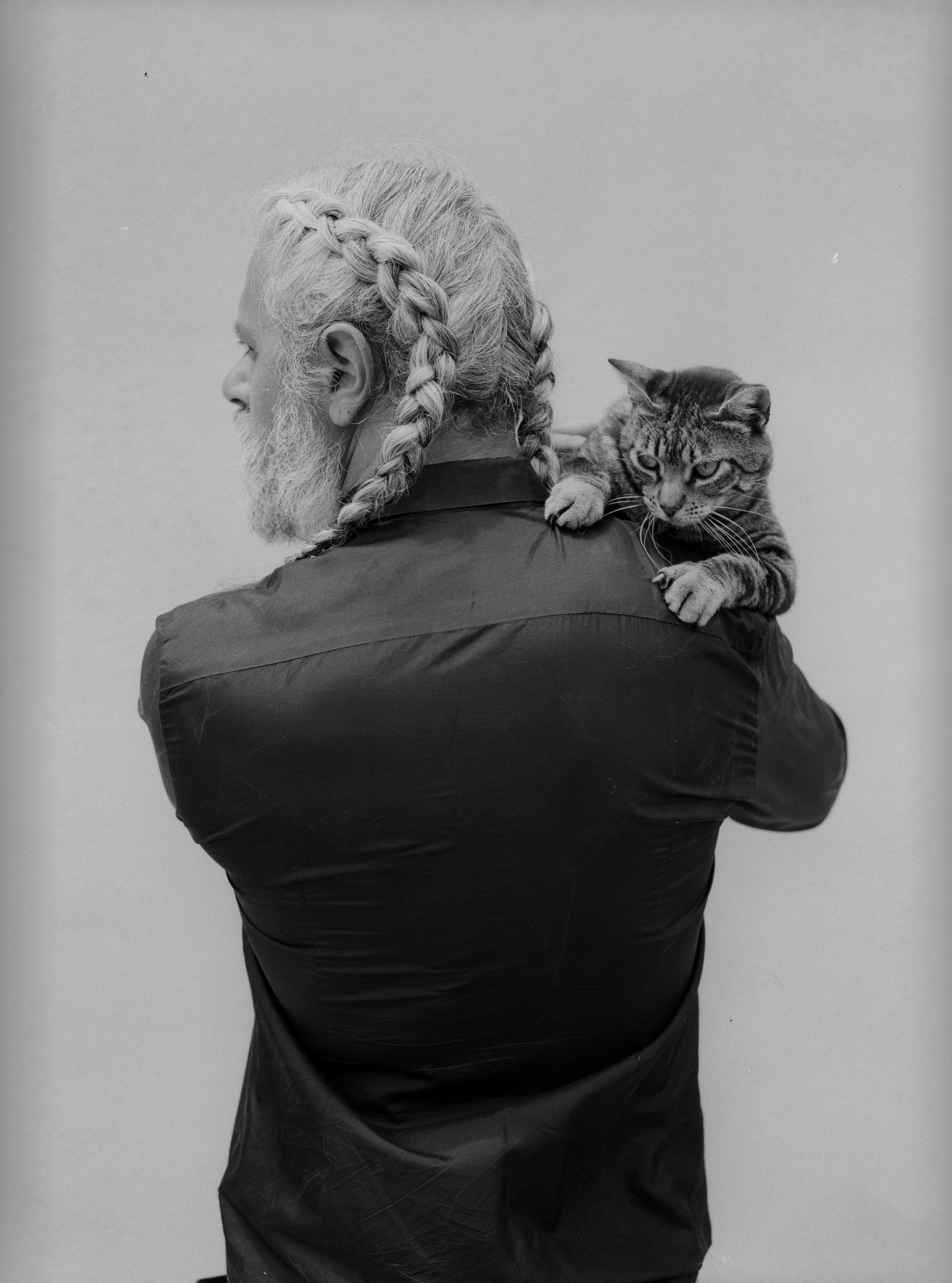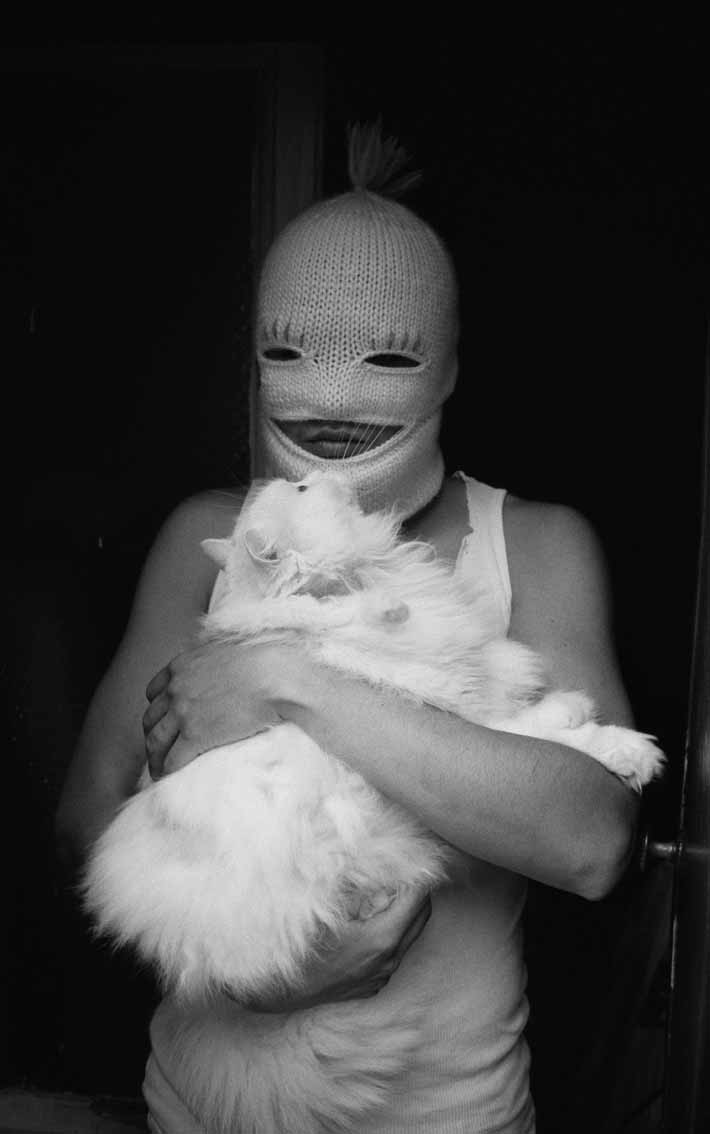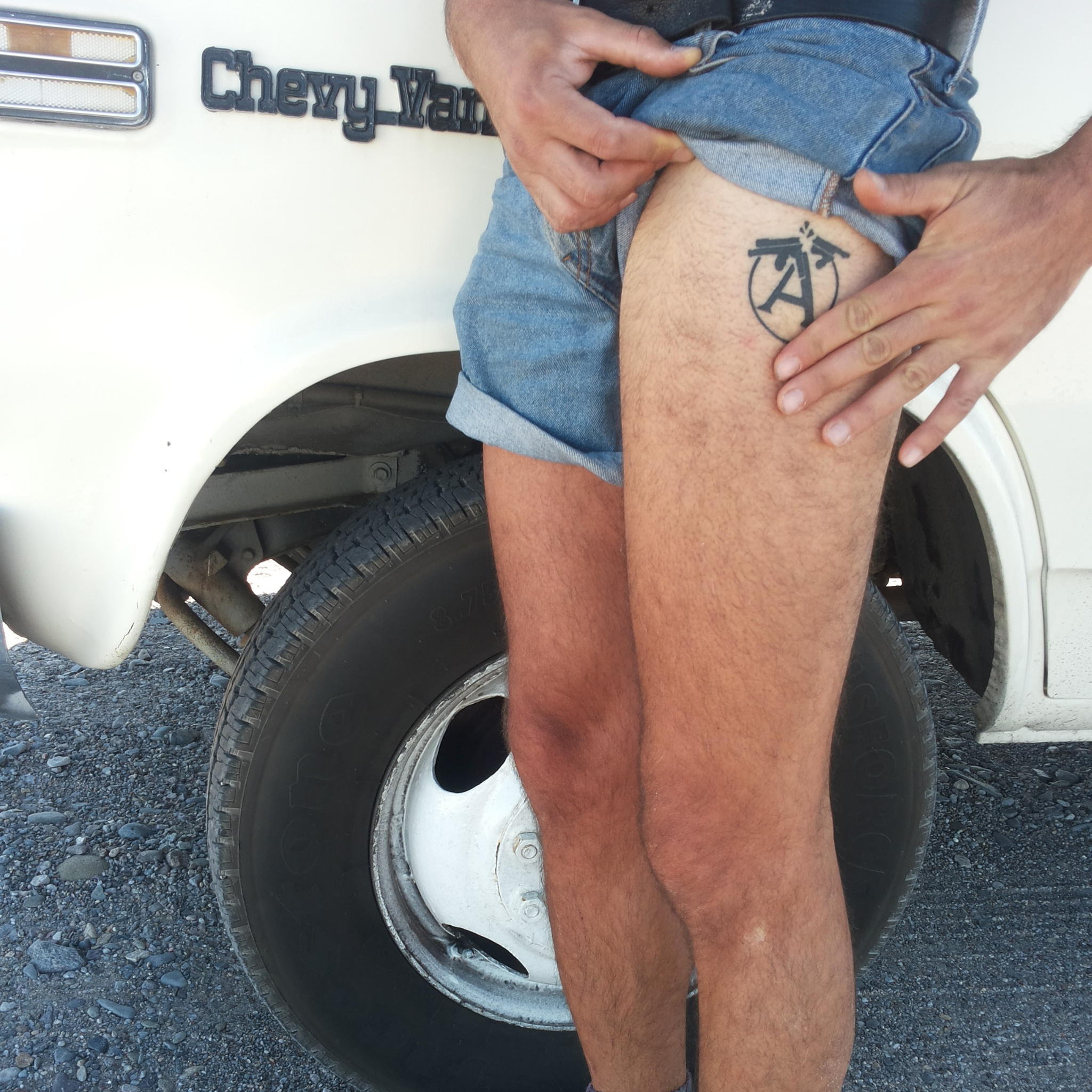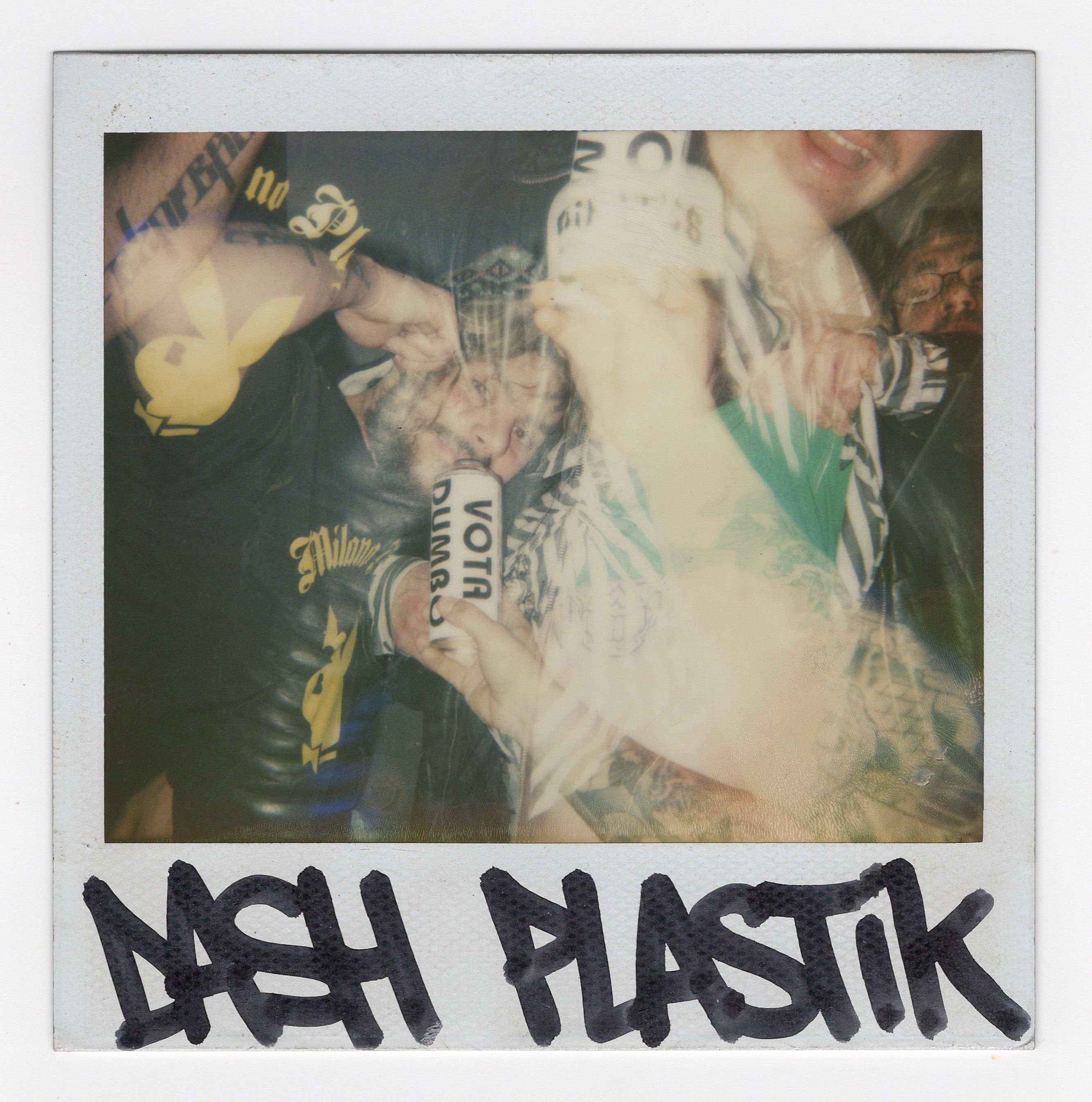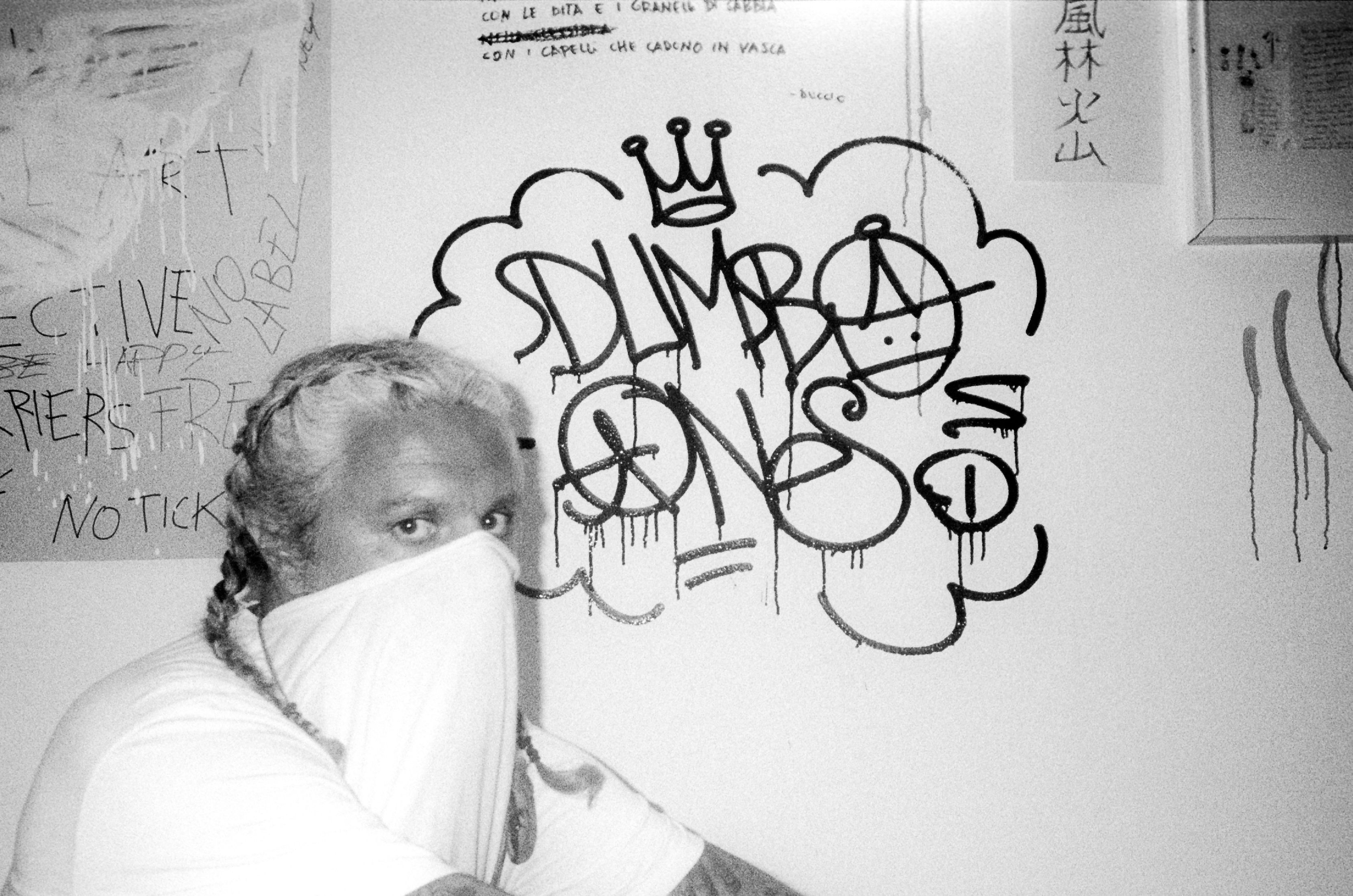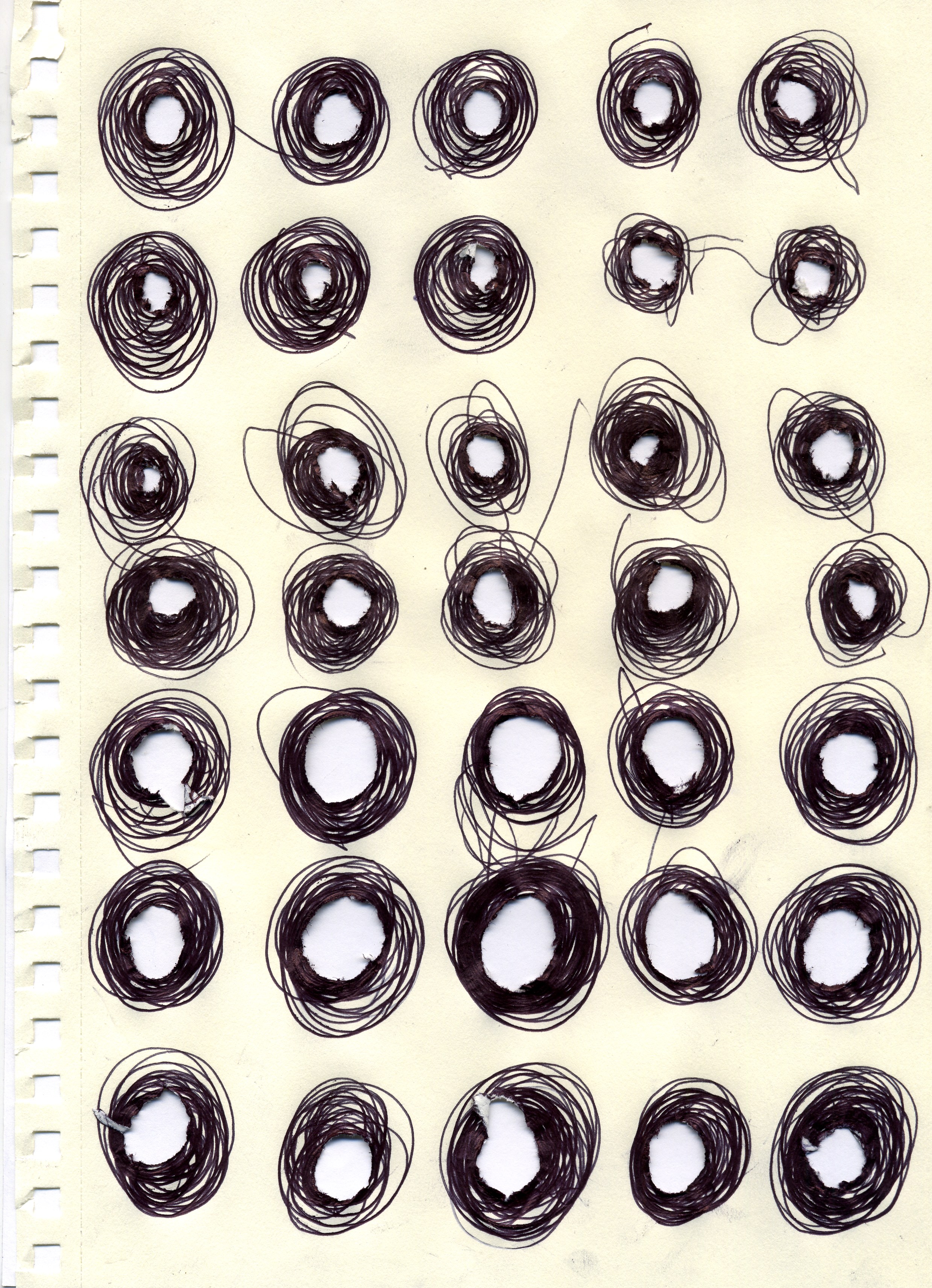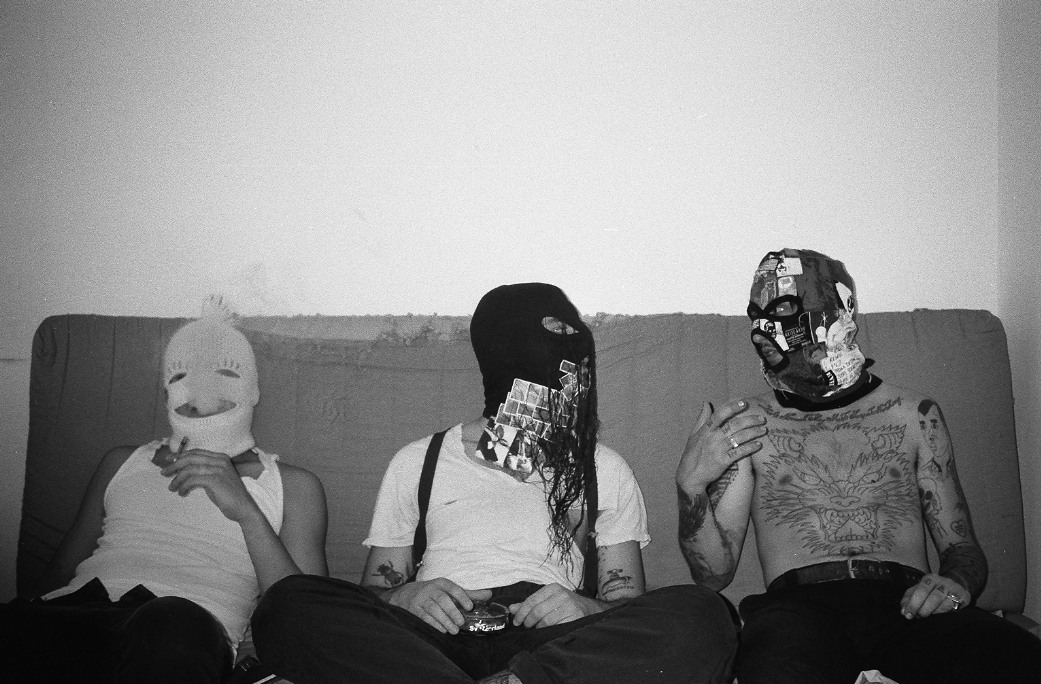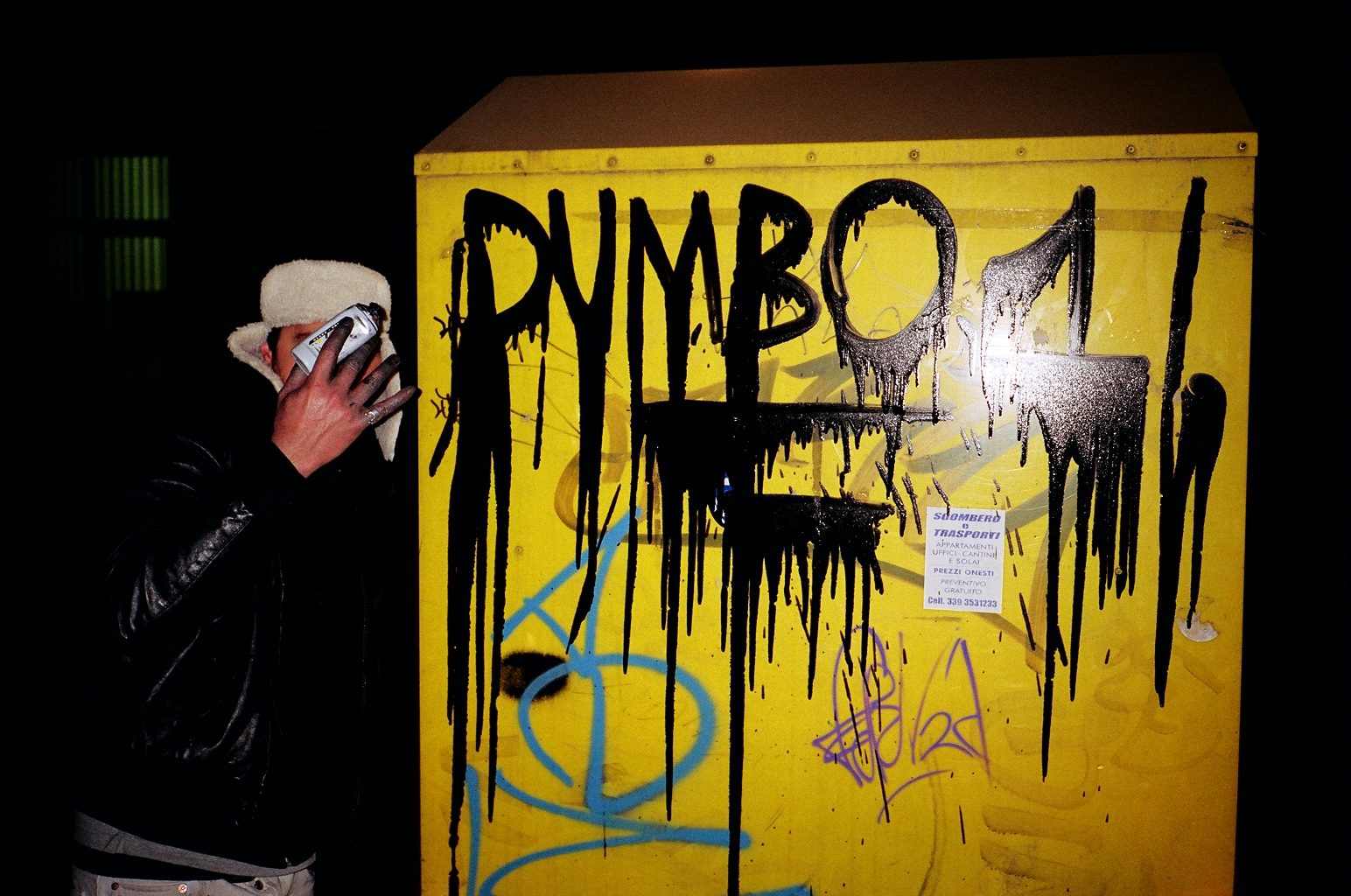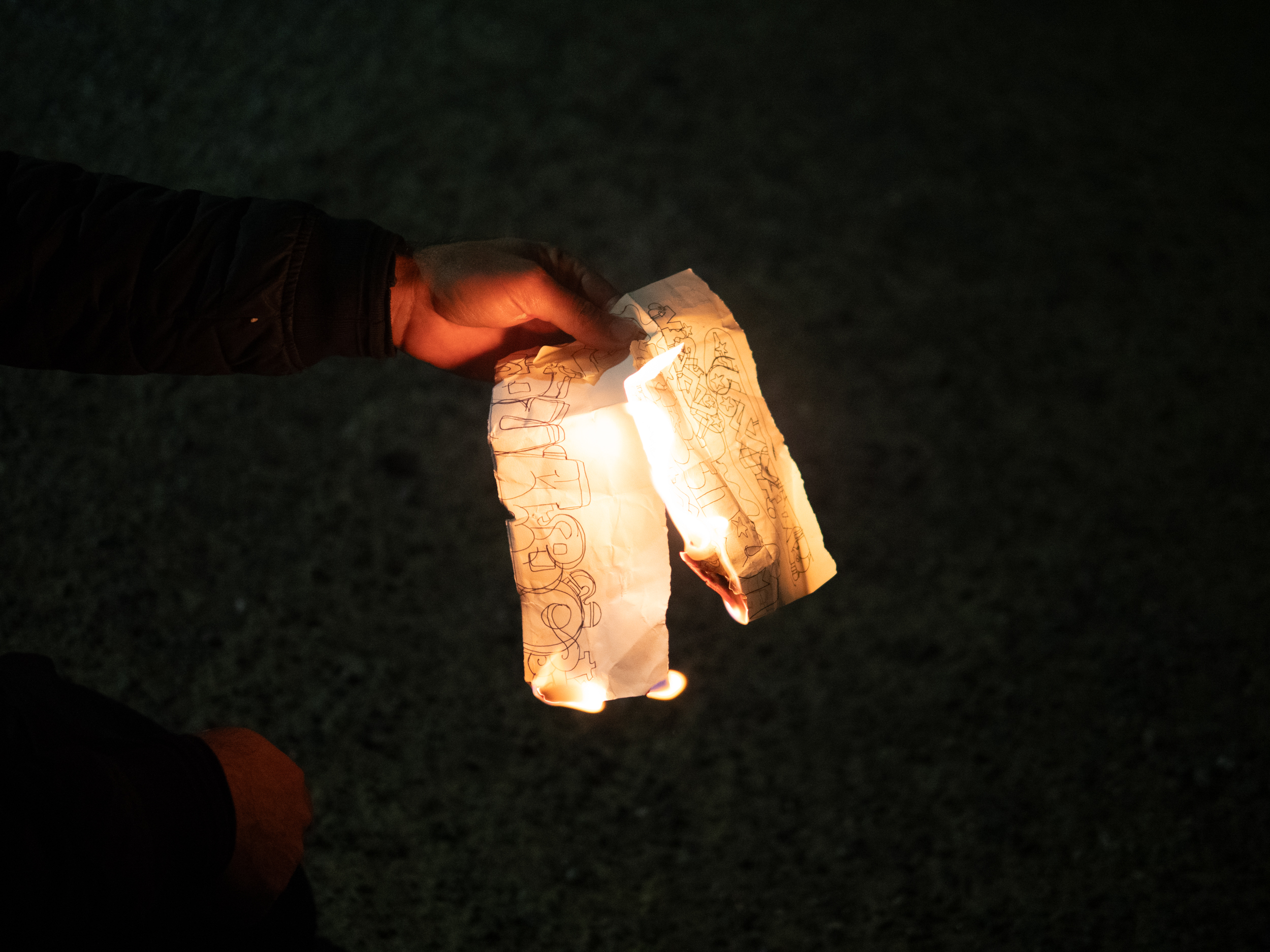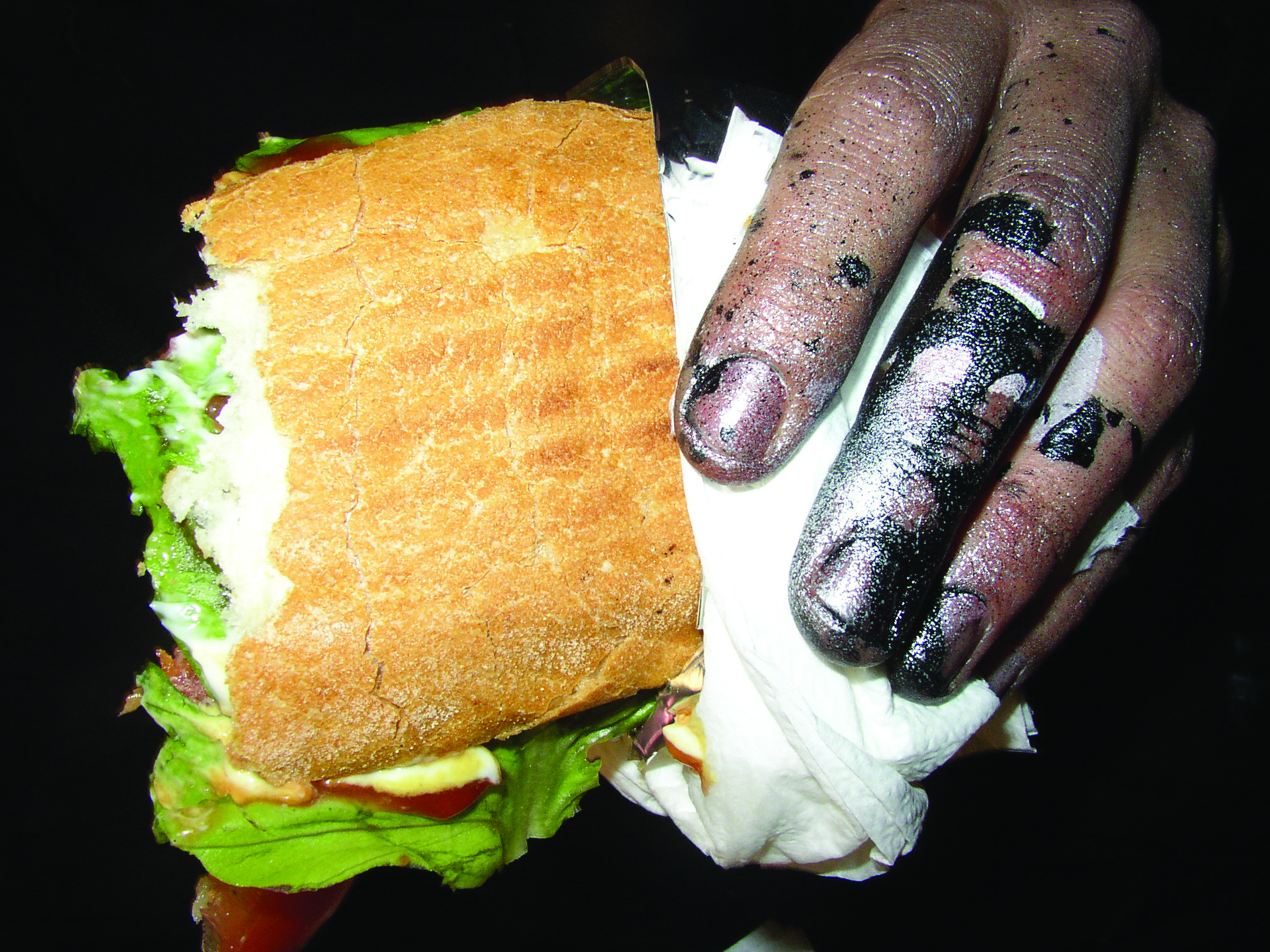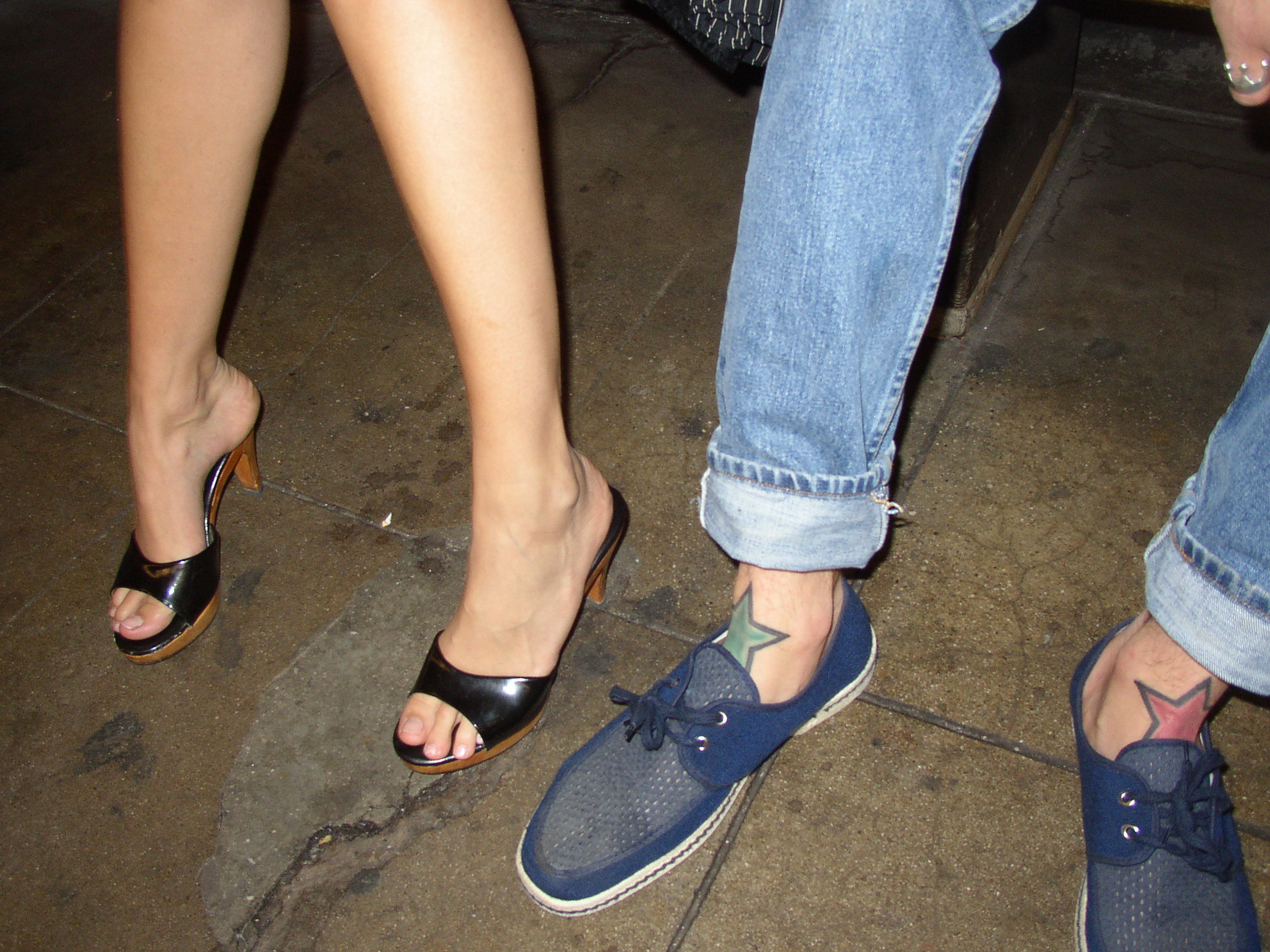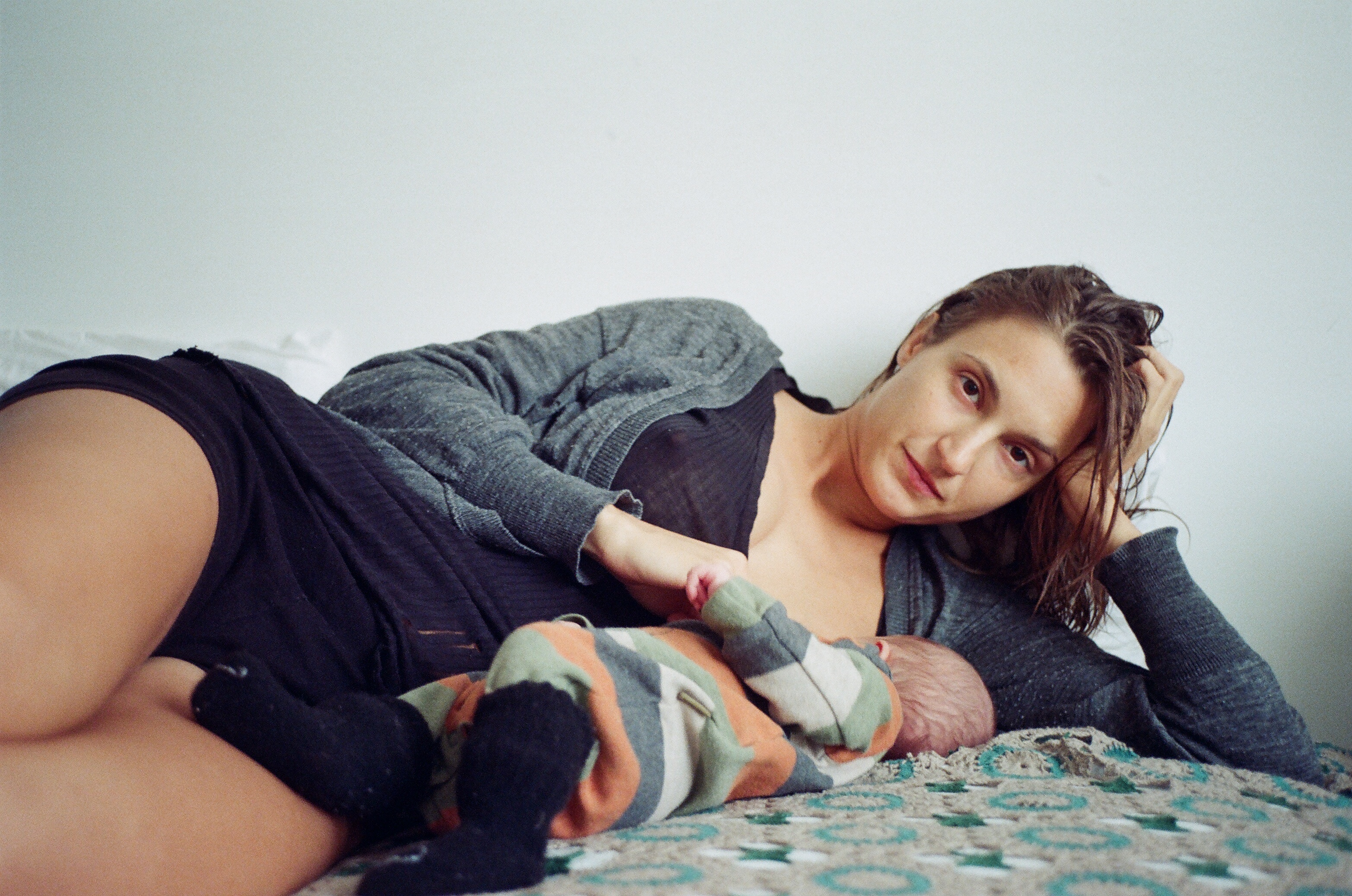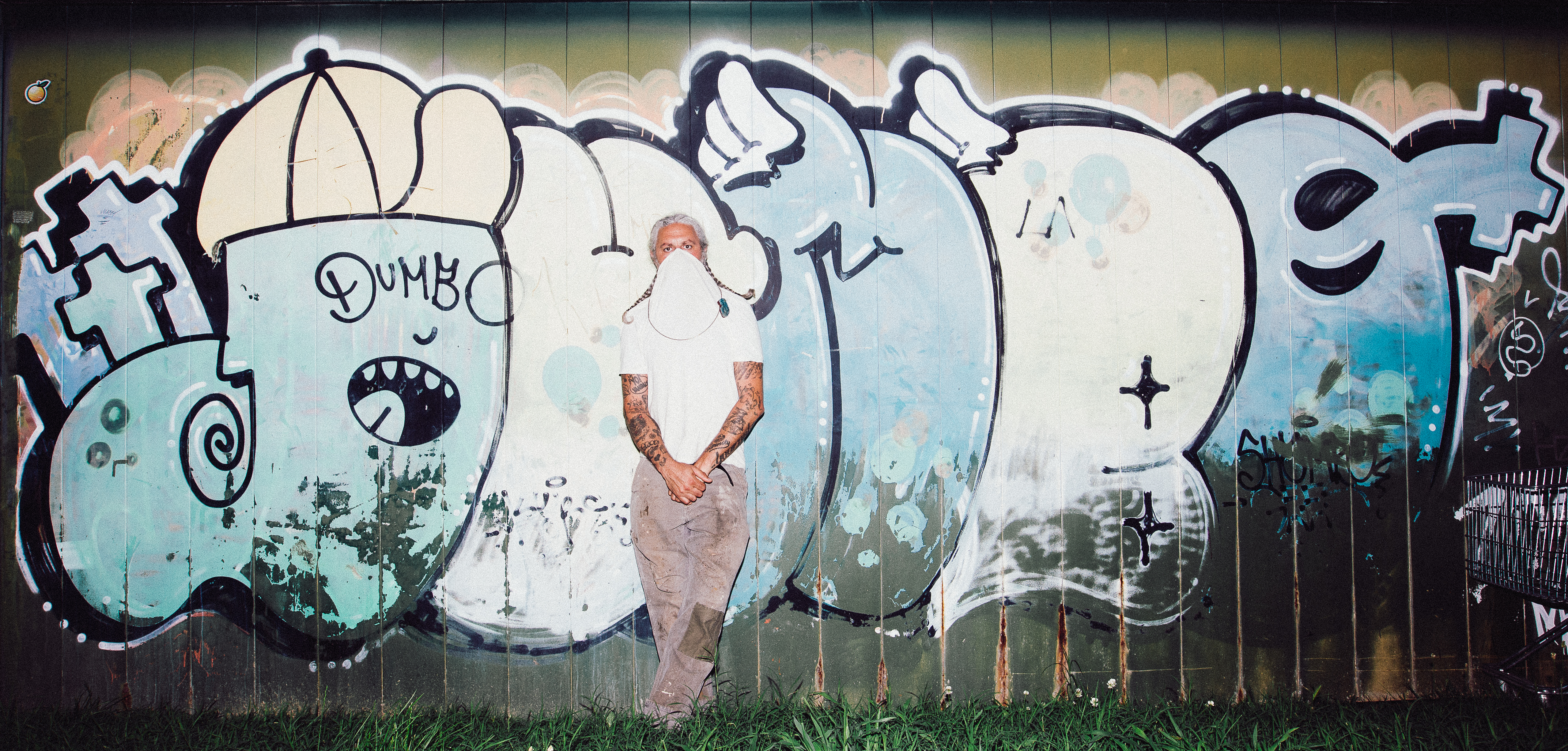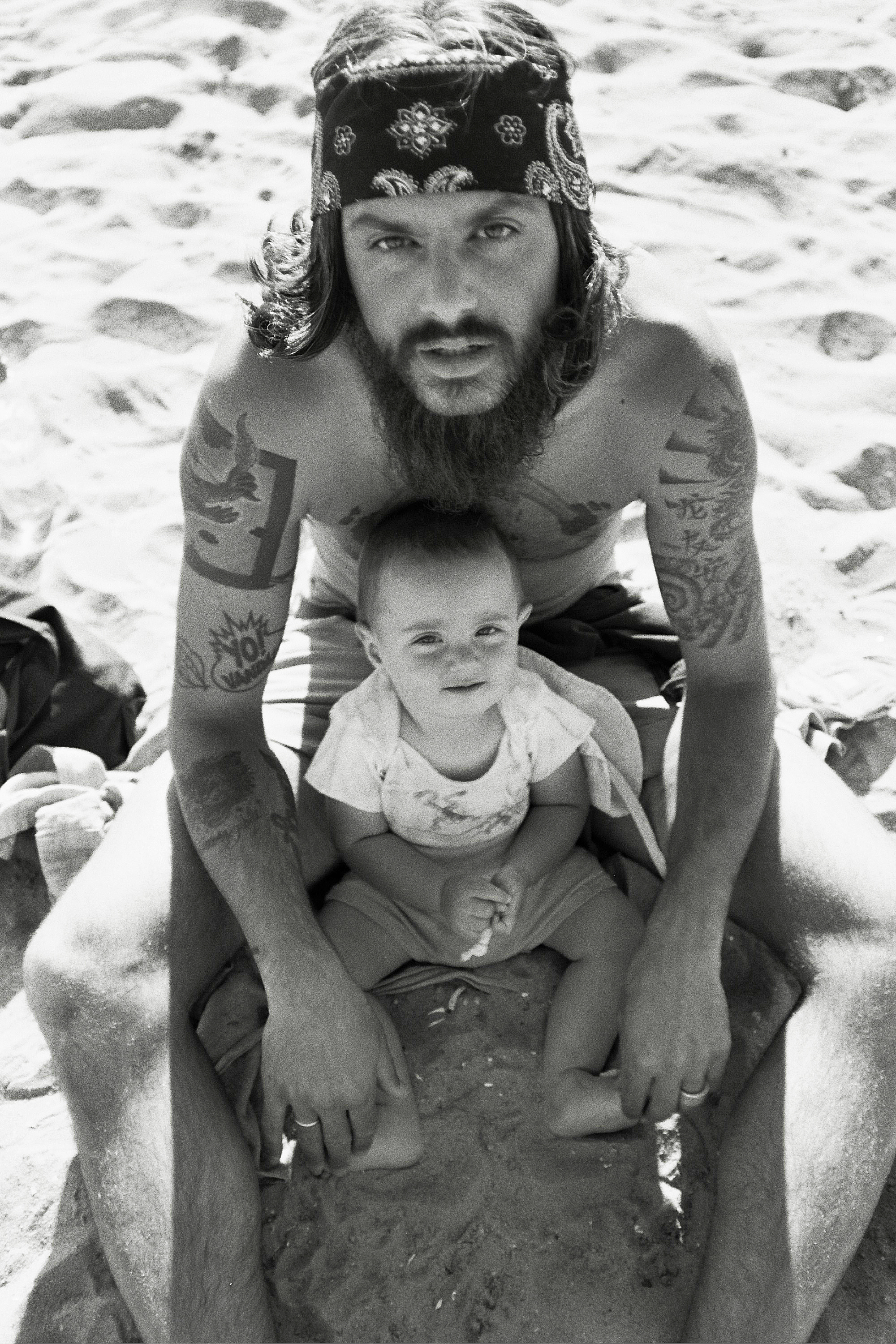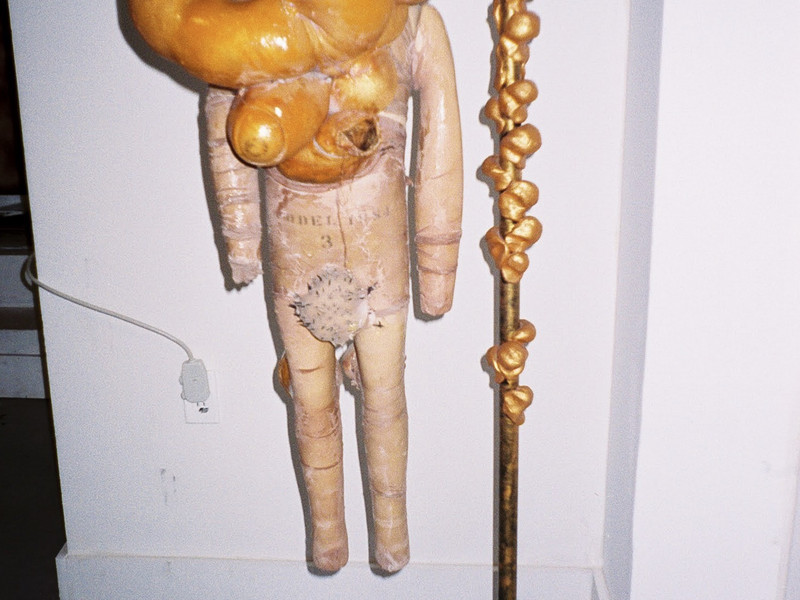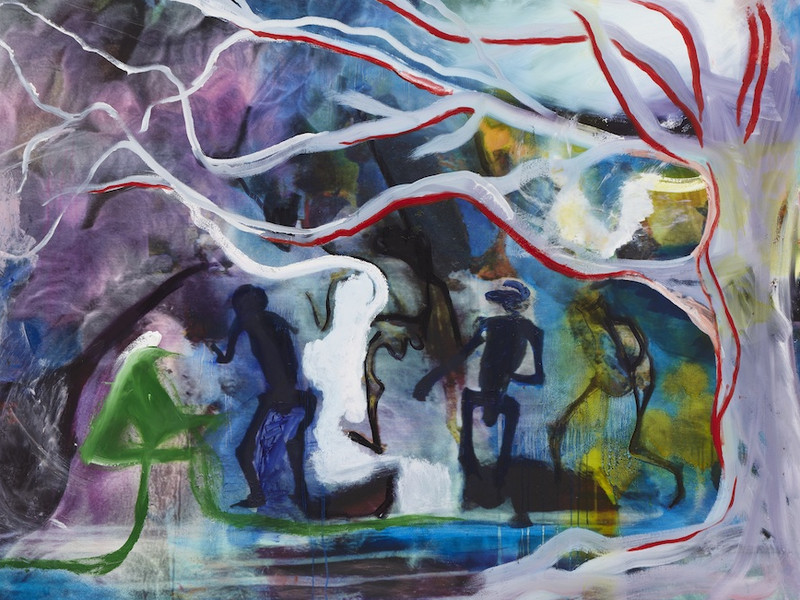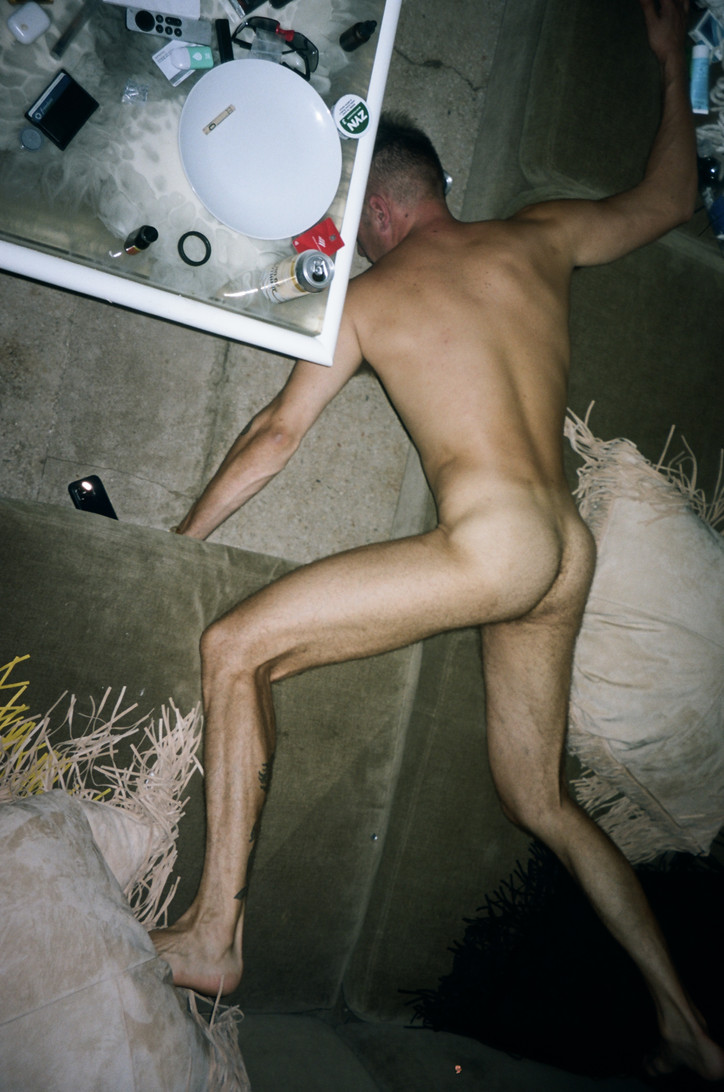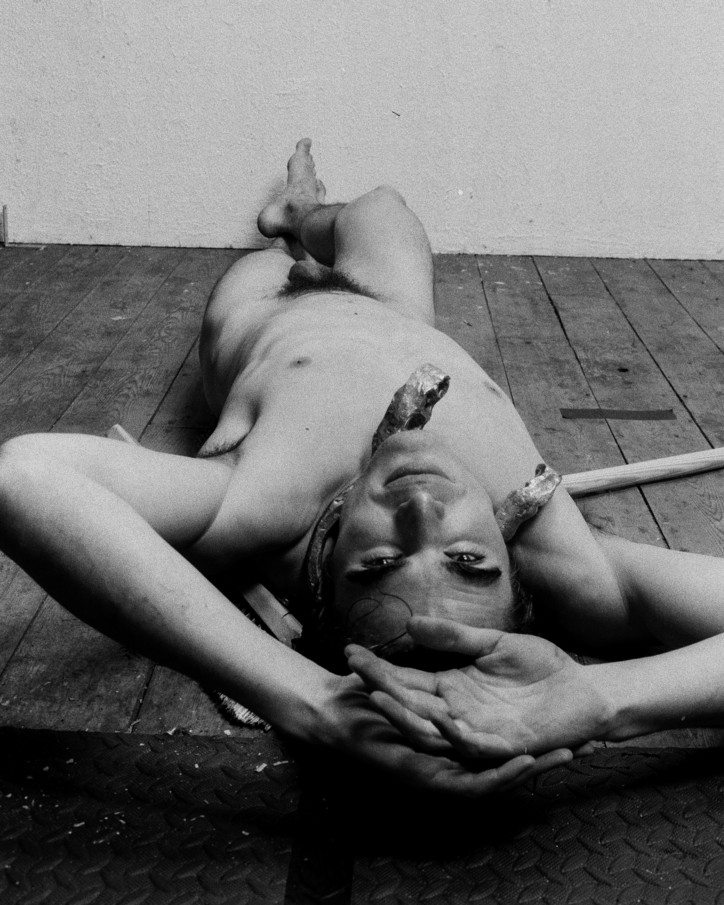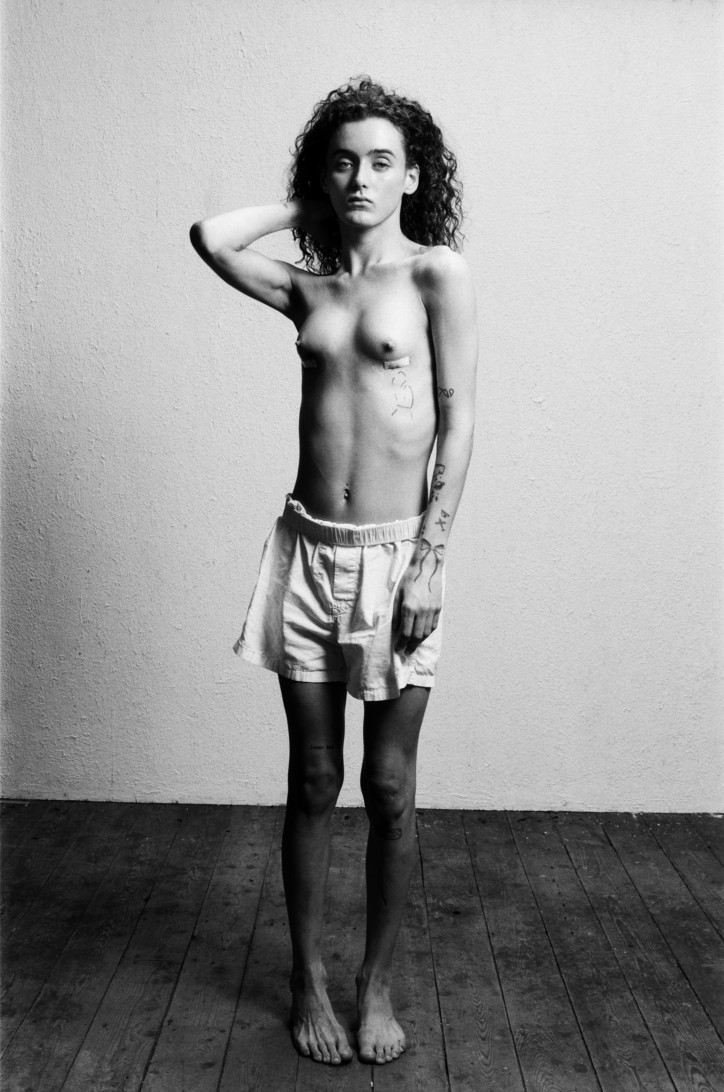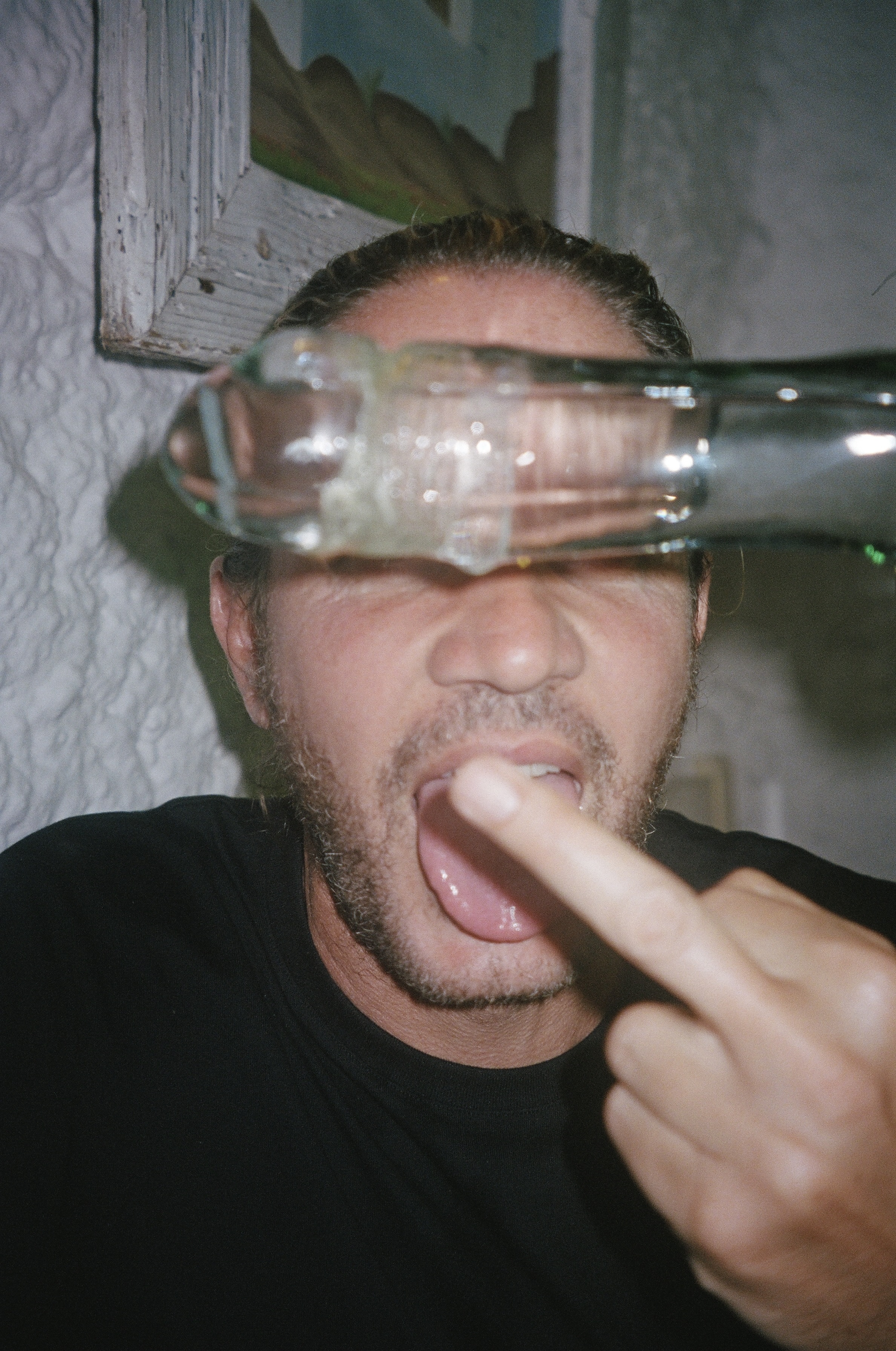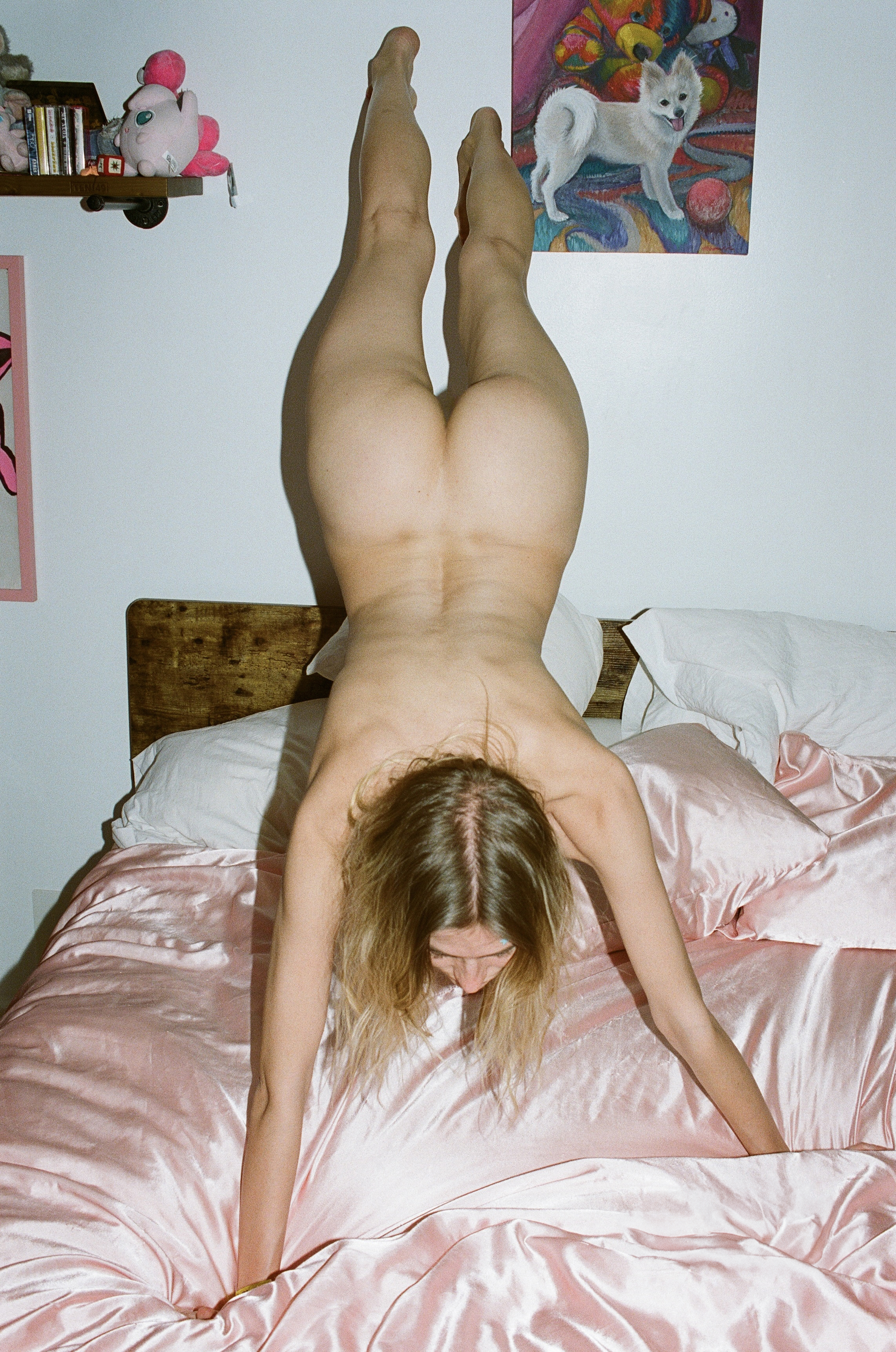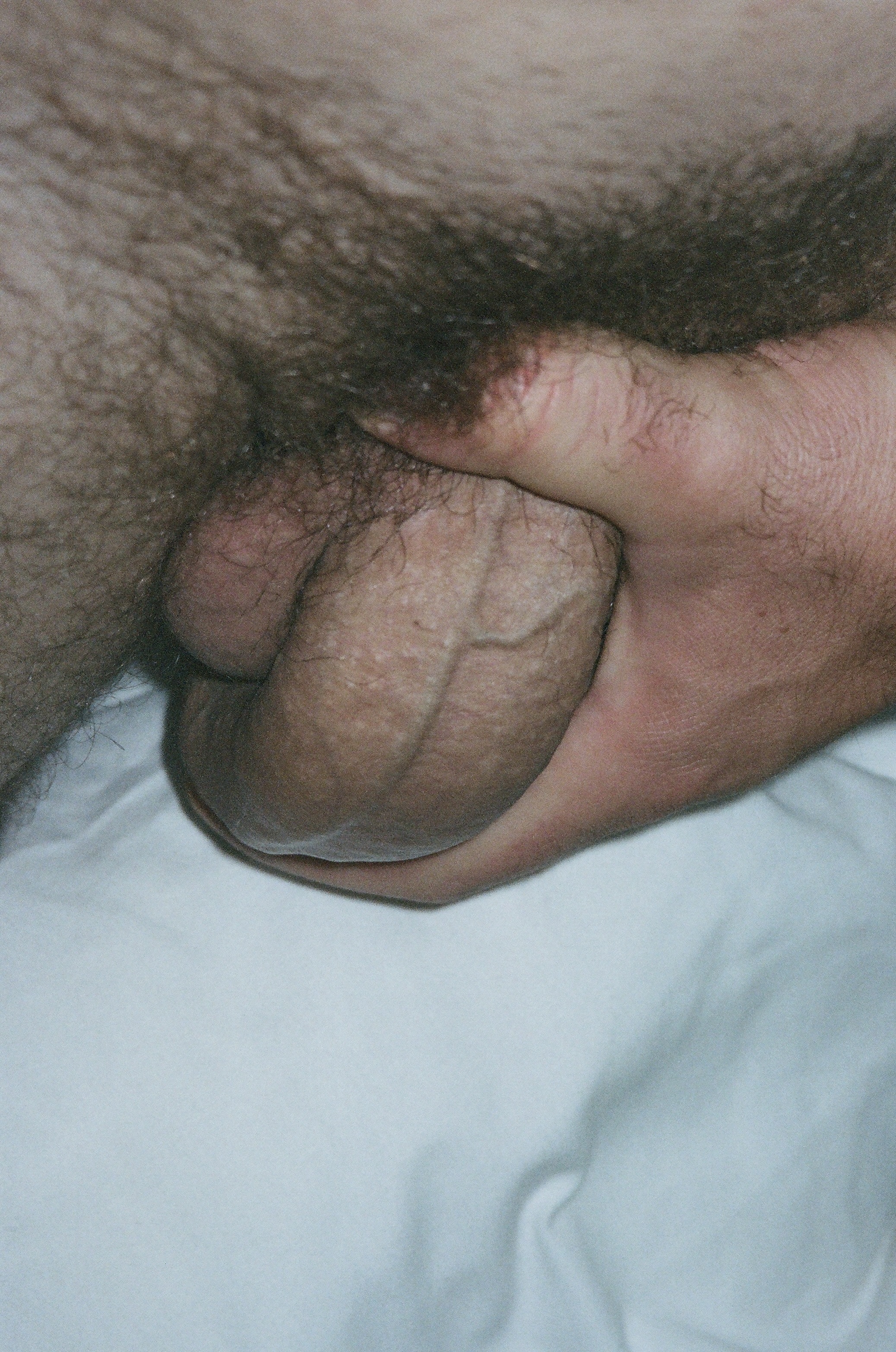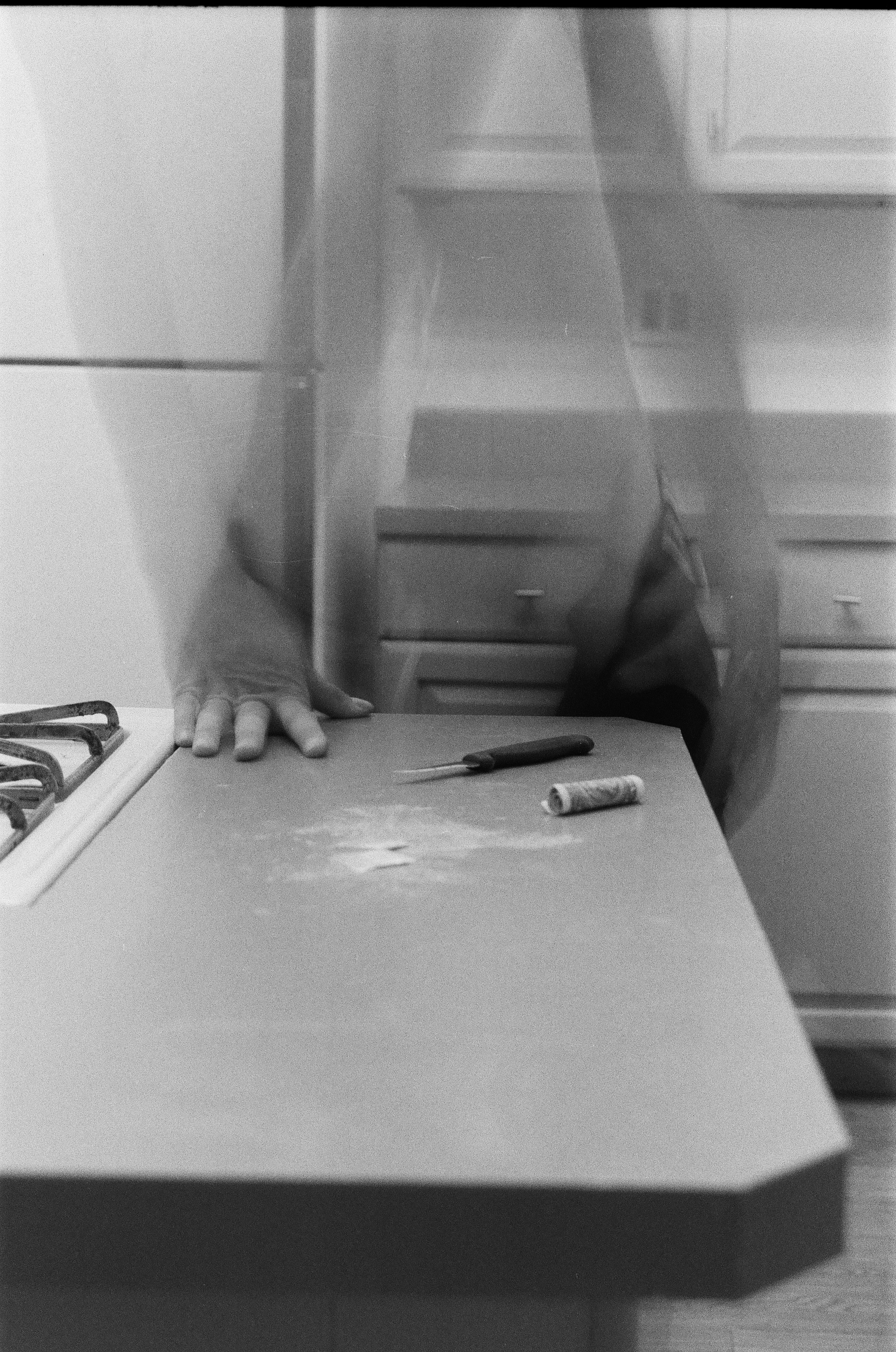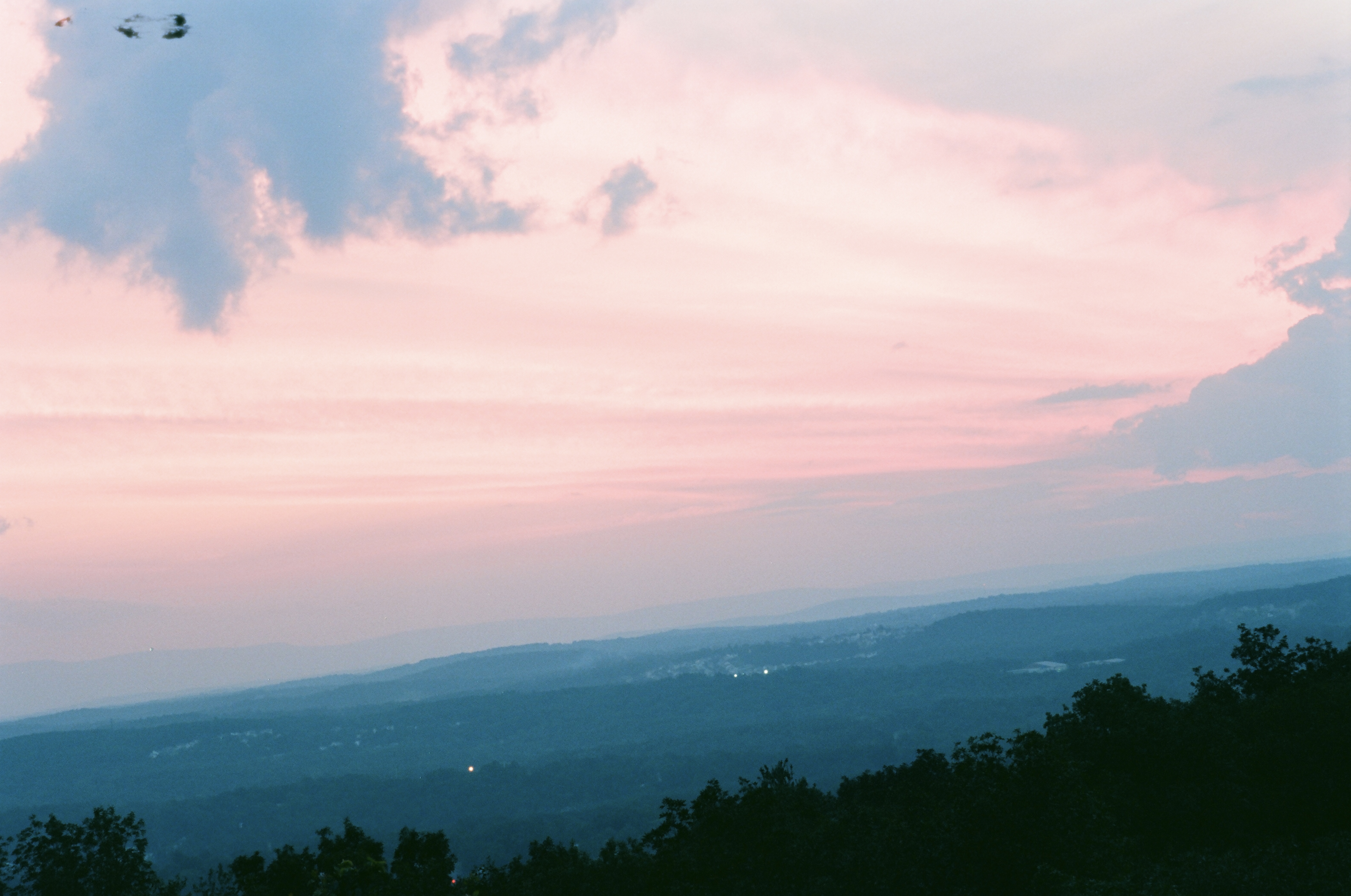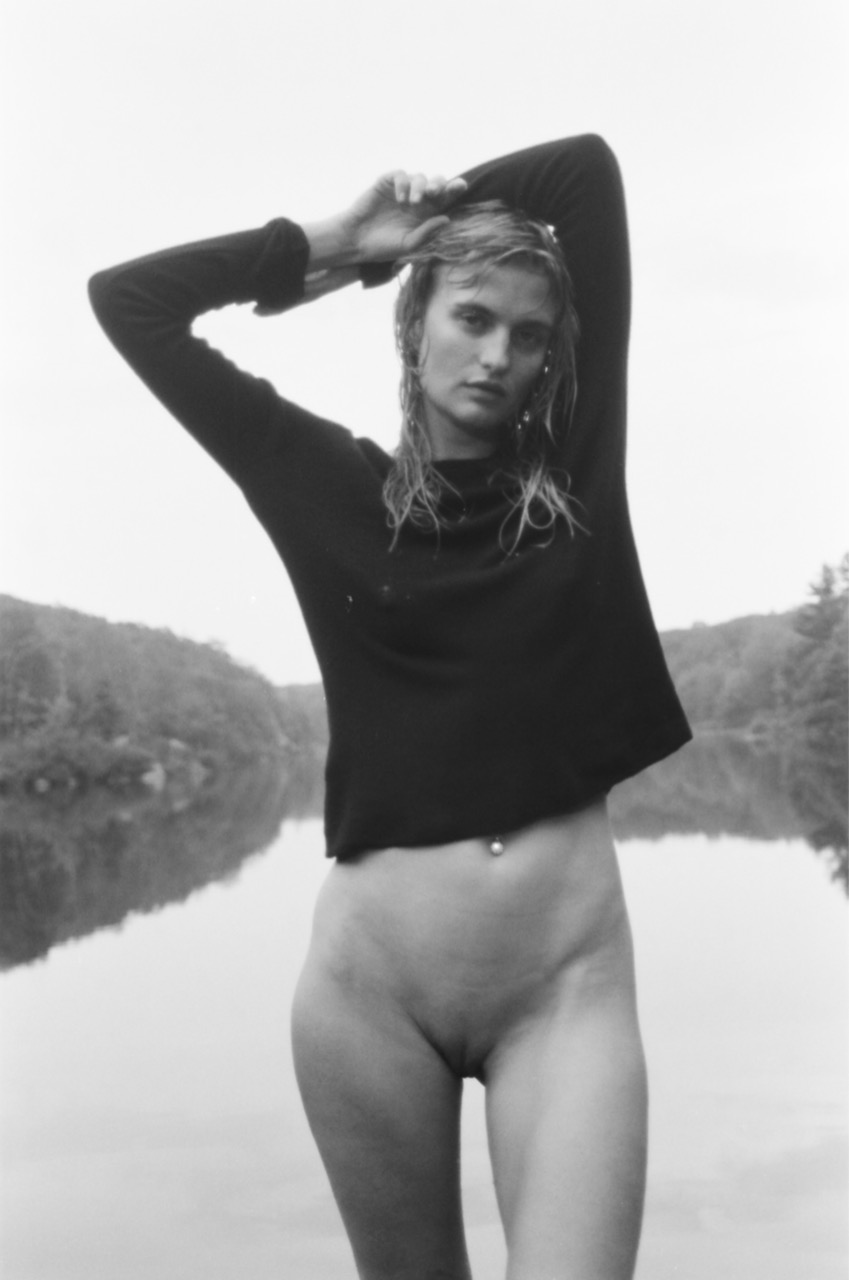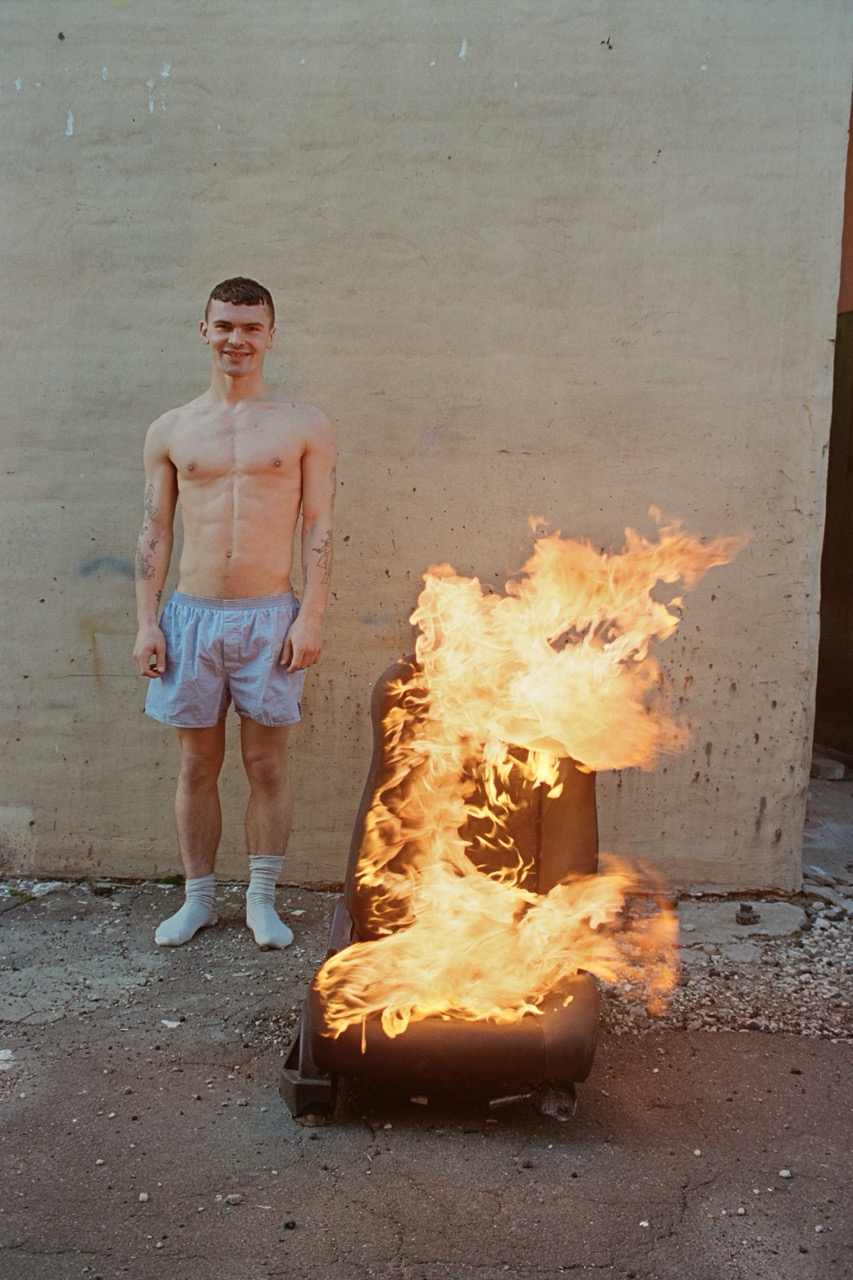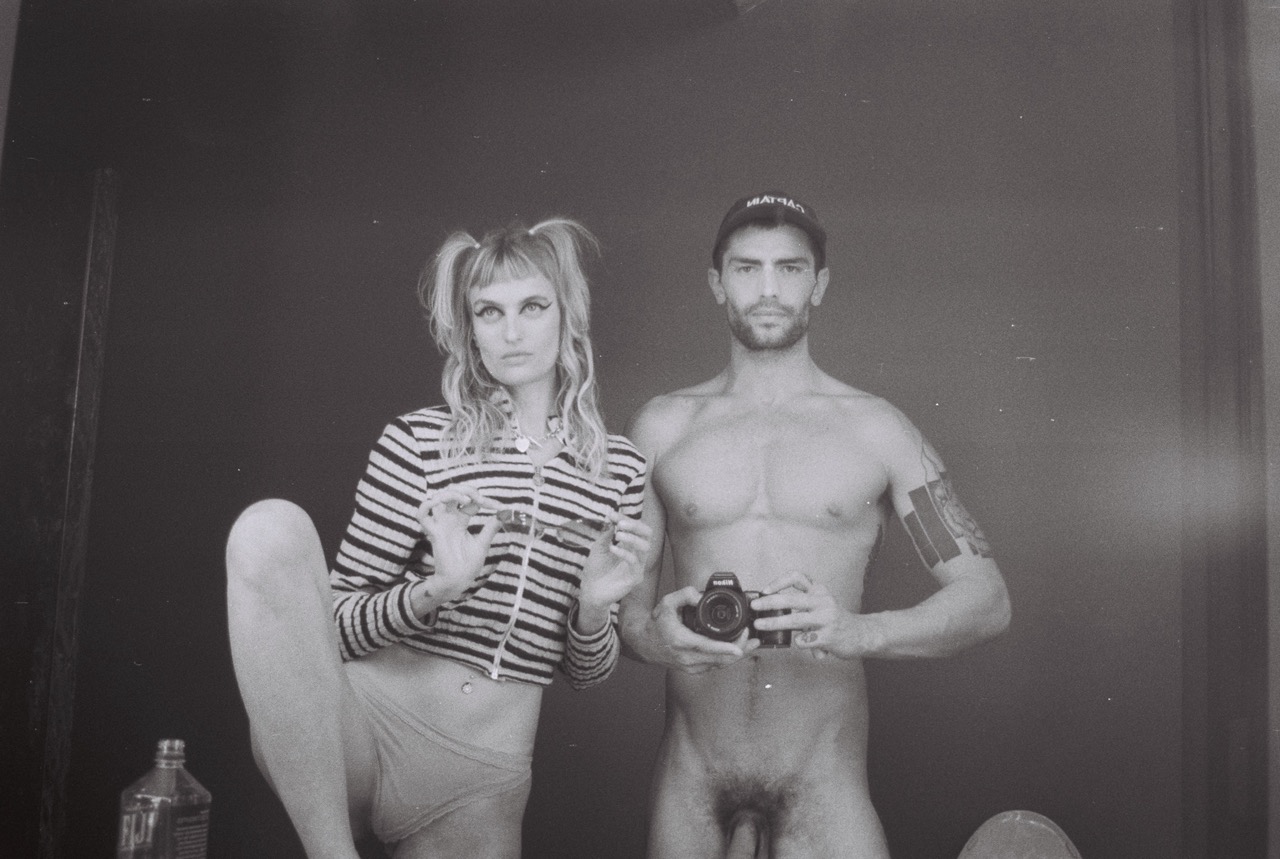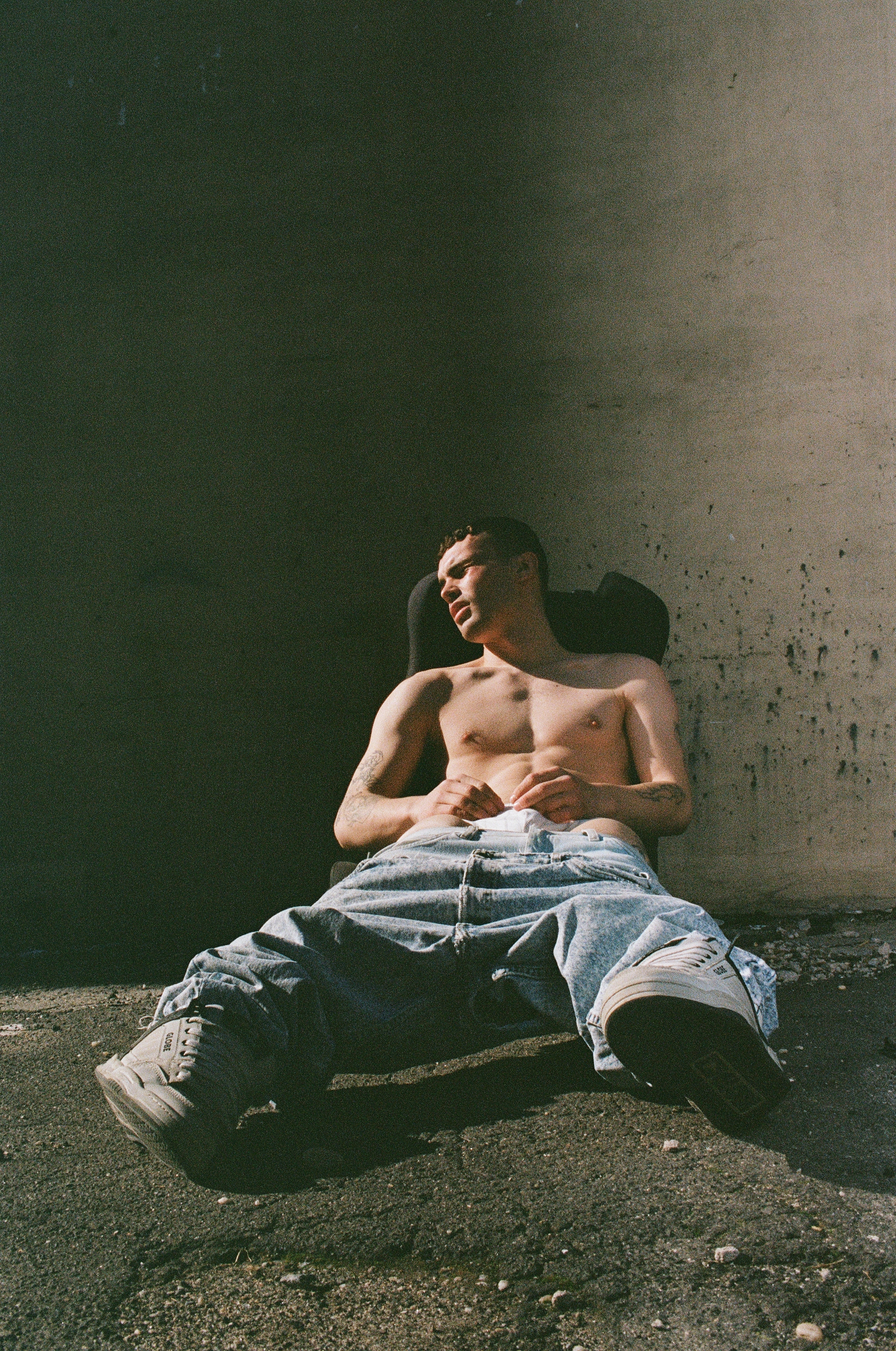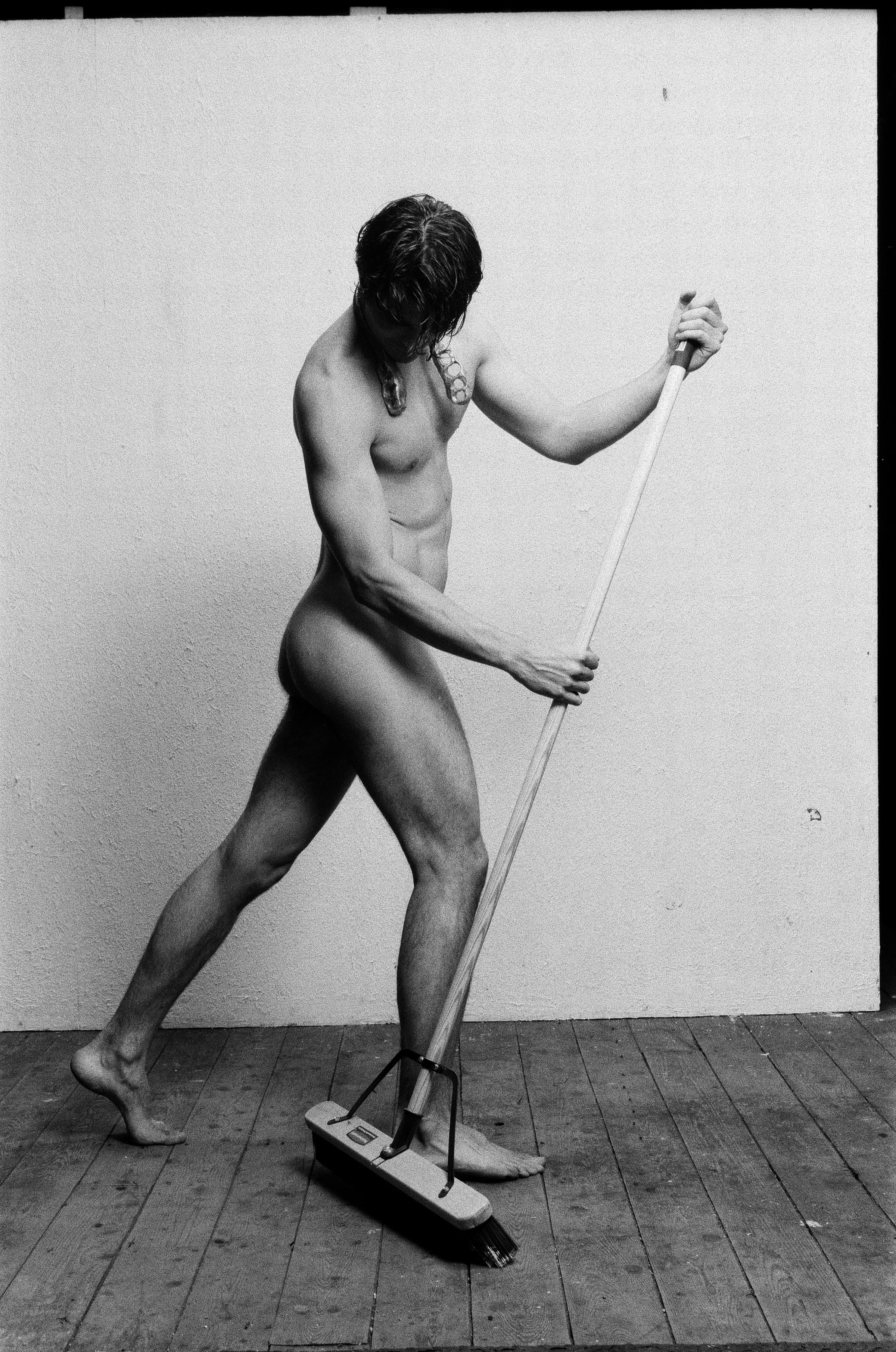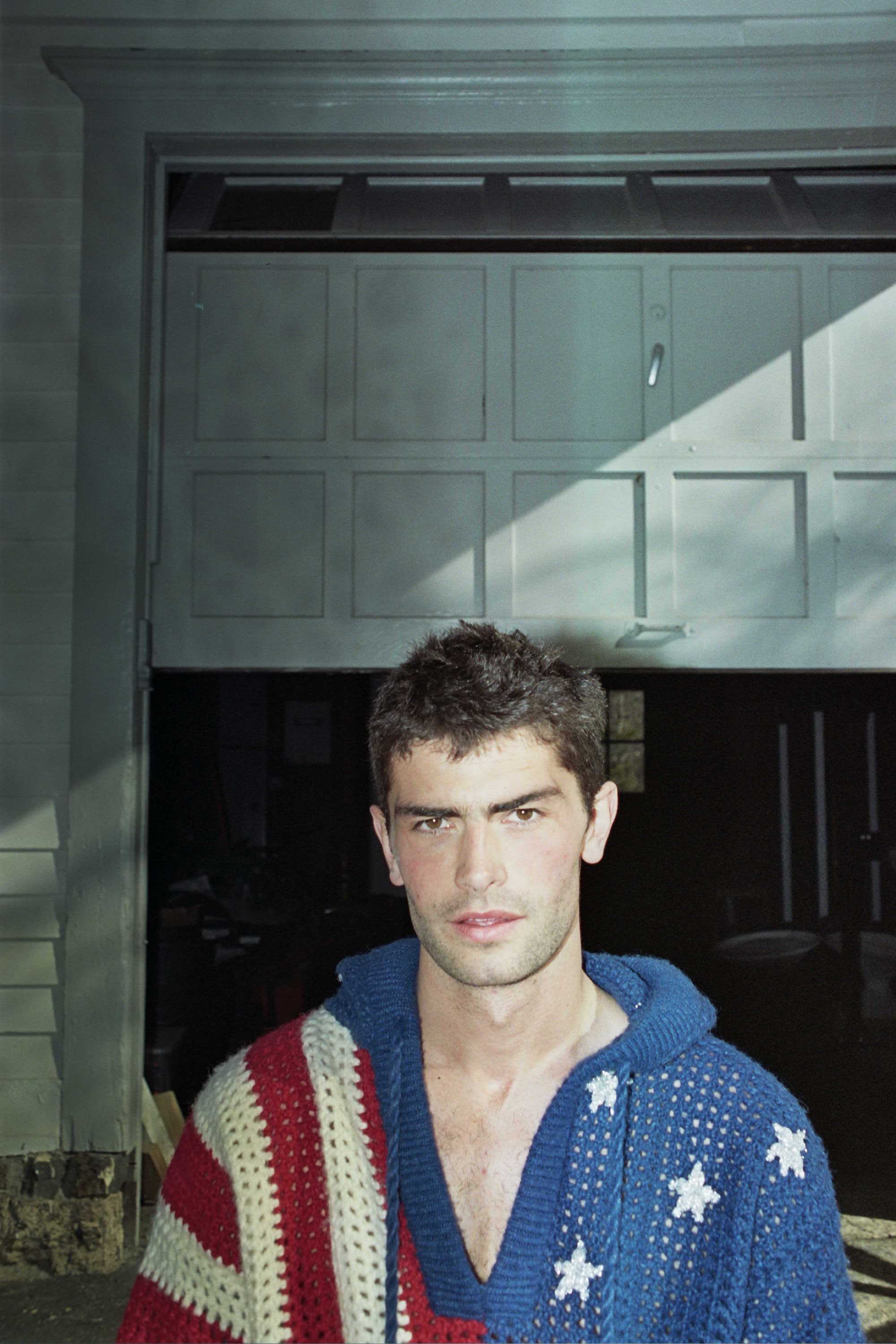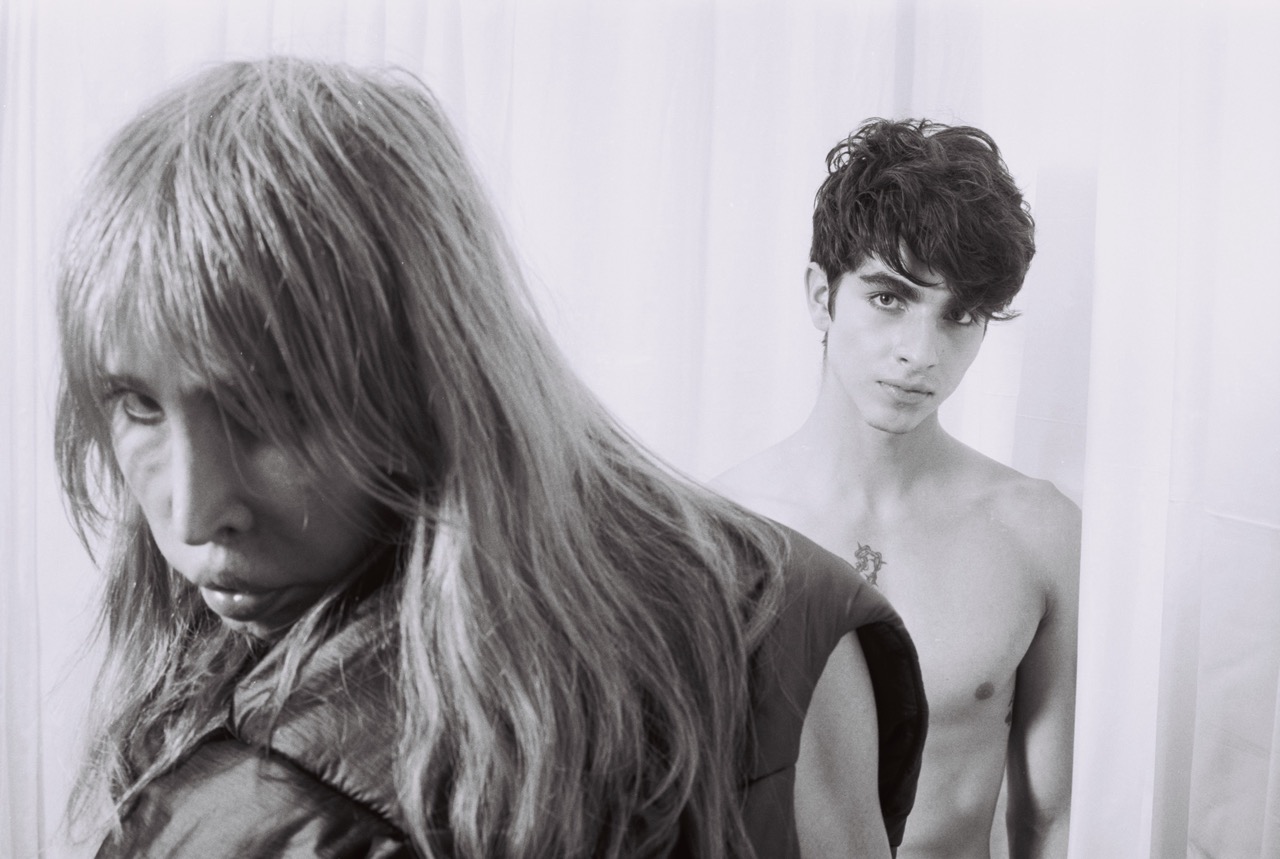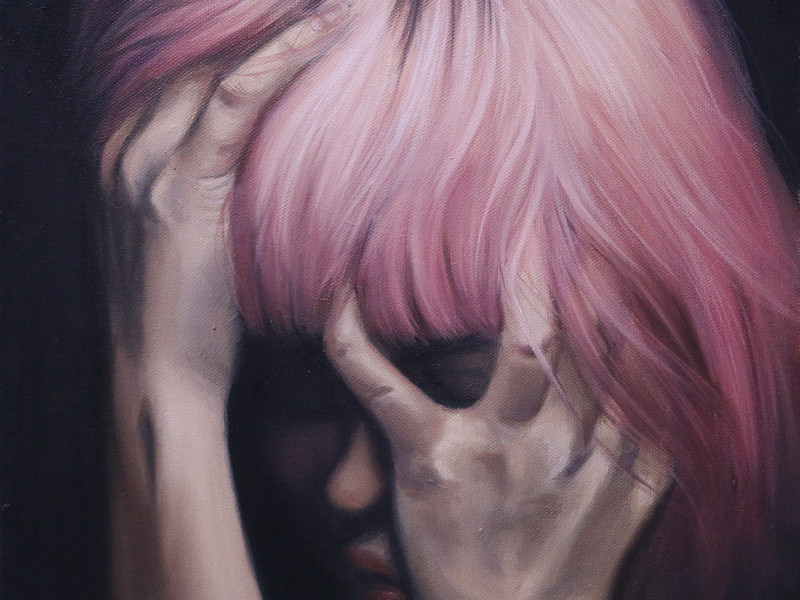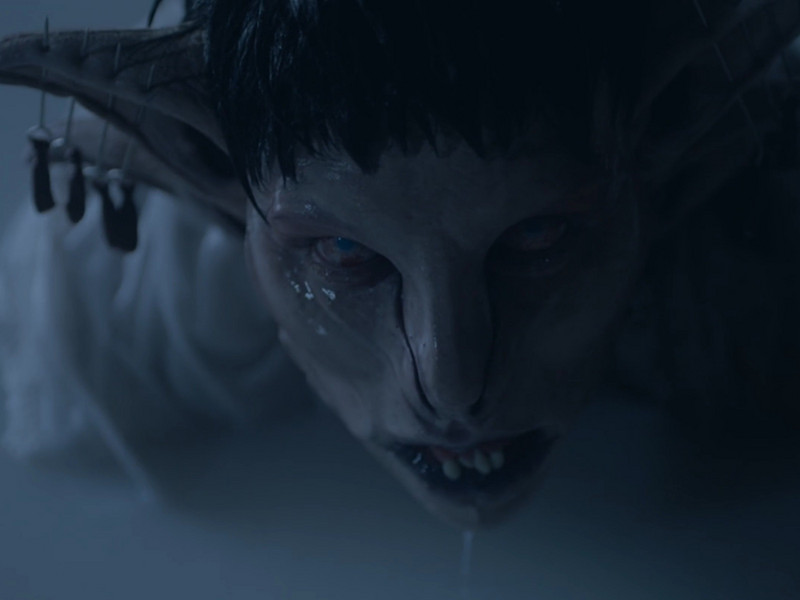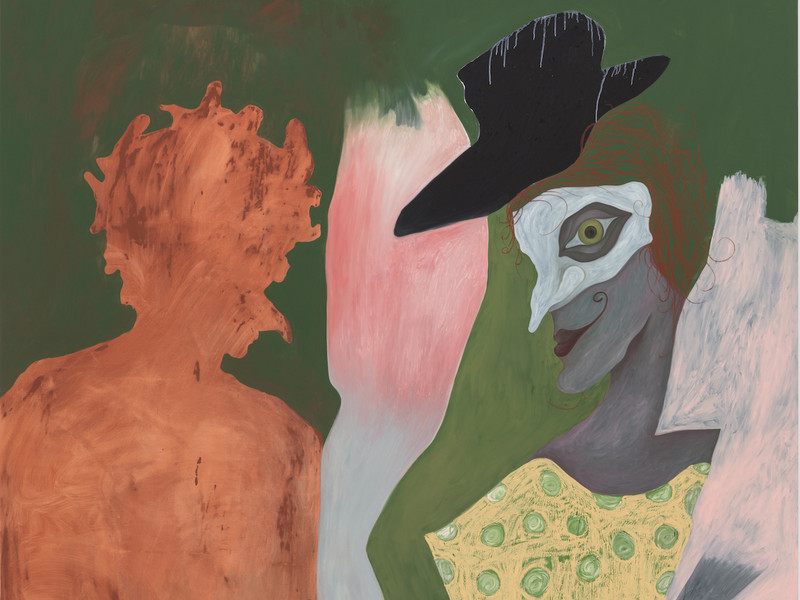Teenage Riot
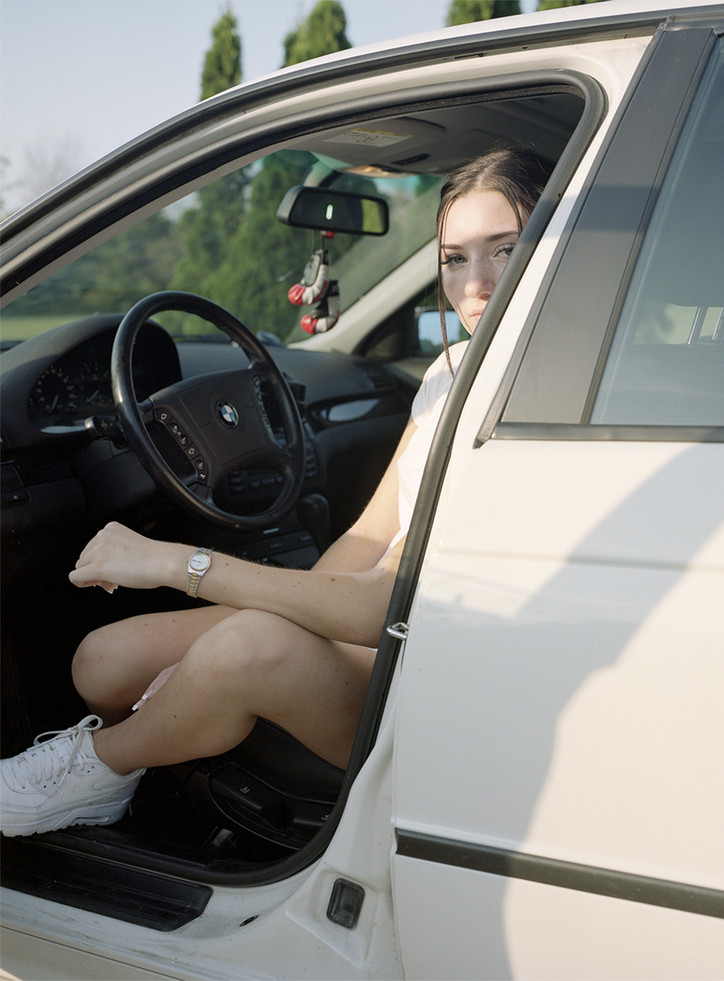
office called the photographer to talk about her new book, now available at the office Newsstand.
Where are you now?
I’m in New York now, but heading to Alabama tomorrow for ten days for another project that I’ve been working on since last year. I don’t know when I’ll finish it. I’m always working on many different projects at the same time and they’ll probably continue on for the next five or six years. Whenever I have time or money, I travel to photograph for my projects.
What were you like as a teenager growing up in Japan, which has a very conservative culture?
When I was younger, schools were more strict than they are now. There were so many rules to follow and that’s part of why I left Japan—because I knew there had to be another way.
Were you rebellious?
No, I was actually good at following the rules. I was a leader of the class. I was the teacher’s favorite. Even if I had things to say against the rules, I kept them to myself. I was a good student. But I didn’t really agree with the system.
What was it like coming to liberal America for the first time?
I went to LA for six months when I was 18. What I really liked about American culture is that you can really be yourself. You don’t have to follow anyone else. It made me think that I wanted to leave Japan. America was a great place for opportunities. And at that time, I was really looking for what I wanted to do with my life. I thought that New York, especially, could give me options. It could open my eyes to discover things that I didn’t know about.
How do you think it changed you, moving here?
It changed my whole perspective on life. Living here and working in this industry changed my way of thinking. I think it made me more vocal and stronger. When I moved here, I didn’t really speak English. So, I learned through photographing people for this street photography magazine called Street. It was before the internet and blogs. And my roommate had an old issue of the magazine. I saw all of these photos of London and thought I’d reach out to the Editor in Chief and see if they wanted photos of New York. And so that’s how I started. I was outside all of the time. In winter and in bad weather, I was always taking photos. I was very shy in the beginning, but I was forced to speak to people when getting their photographs, so I learned to not be so shy and my English improved this way. And before this, I’d never really thought about becoming a photographer.
It must have also opened up your social life a lot, as well.
Yeah I met so many friends and people from all over the world. Like, if I met some people from Iceland, I would end up visiting them in their home countries to photograph them.
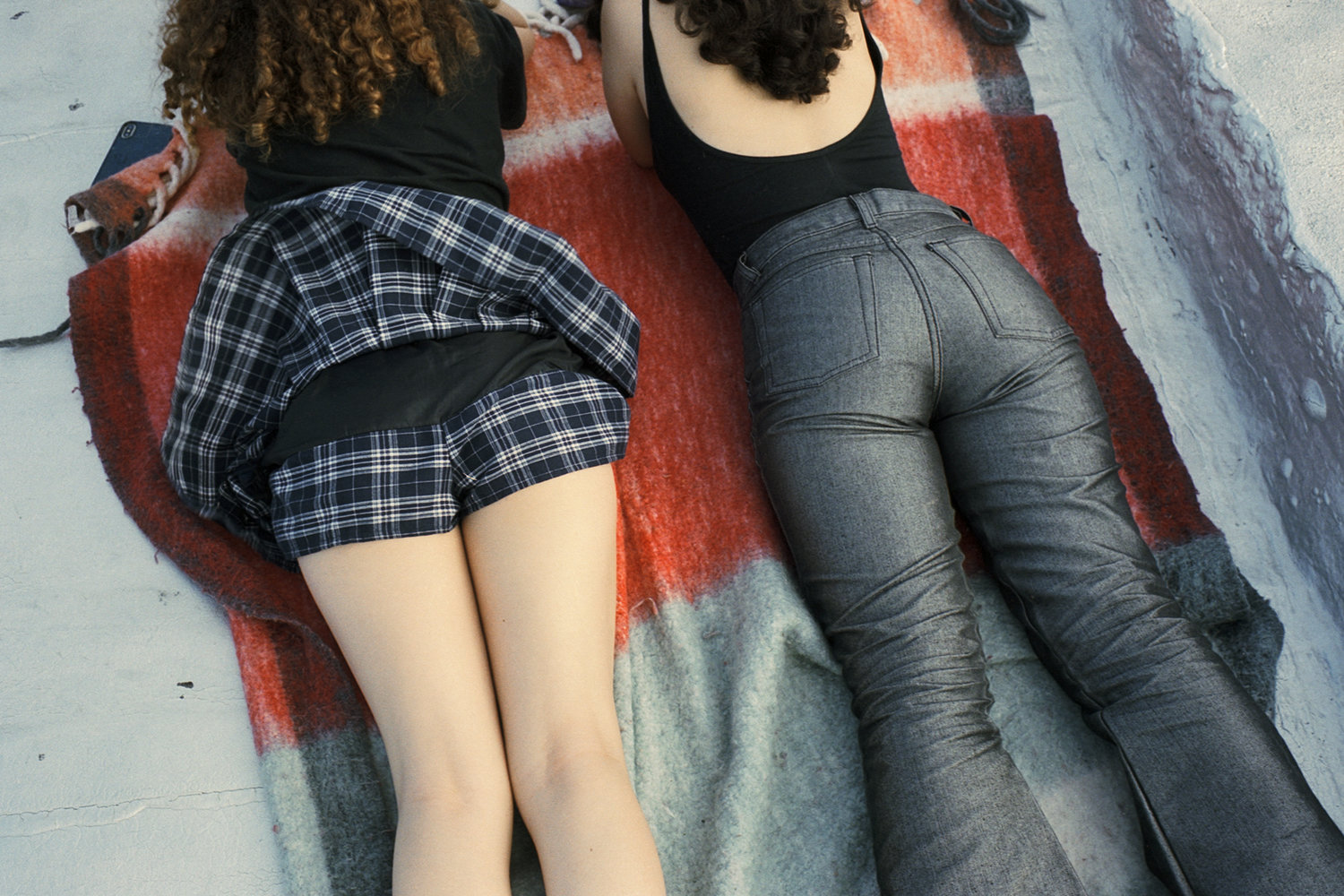

How did you meet the four girls in Teenage Riot?
The place they grew up in really affects who they become. For the girl in Canada, she’s my book publisher’s daughter. I met her at the New York book fair three years or so ago. I was surprised how different she was from her parents, who are very cultural. She really likes Kim Kardashian and had really crazy eyelashes. I thought it was so interesting that she grew up in an art environment and had such dissimilar interests from her parents. That made me want to photograph her. So, I spent some time up with them at their home in Canada. Because the town is very small, all of the information she gets is from social media and the internet. She would wear Juicy Couture pink velour tracksuits and was really into Victoria’s Secret. Every year I went back and she would change her style—it was always very different from the year before. And when she turned 16, she got her driver’s license. So I would drive around with her in the white BMW her parents gave her.
Tell me about the girls in Brooklyn.
The sisters, 14 and 16 years old, were born and raised in Bushwick, in a kind of rough area. They’re into smoking weed and boys. I thought it was really funny. So, I started following them around to the places they went.
The Japanese girl, does she remind you of yourself?
Yeah, she reminds me a lot of myself when I was young. She grew up in a Tokyo, in a really big city. She’s very quiet, very shy. She doesn’t know what she wants to do with her life. She has something inside—she just doesn’t know how to express it yet. I think that’s why I wanted to photograph her. She’s a very typical Japanese teen.
The book seems very subdued. Why does the title have the word riot in it?
The title of the book comes from the idea that teenagers have something to say, but they’re too young to take real action. So, they do little actions every day in their lives. And I find that interesting, what they choose to do. I wanted to document that.
How is it a progression of your last book, Untitled Youth?
That book was published in 2016 and was a simple portrait of teens in different countries. For that, I just wanted to focus on the beauty of youth. I shot them on very simple backgrounds so there’s no distraction. Teenage Riot is kind of like a next step in that I wasn’t only interested in a portrait of the teenagers, but also their lives—how they live. My projects are always evolving with each publication.
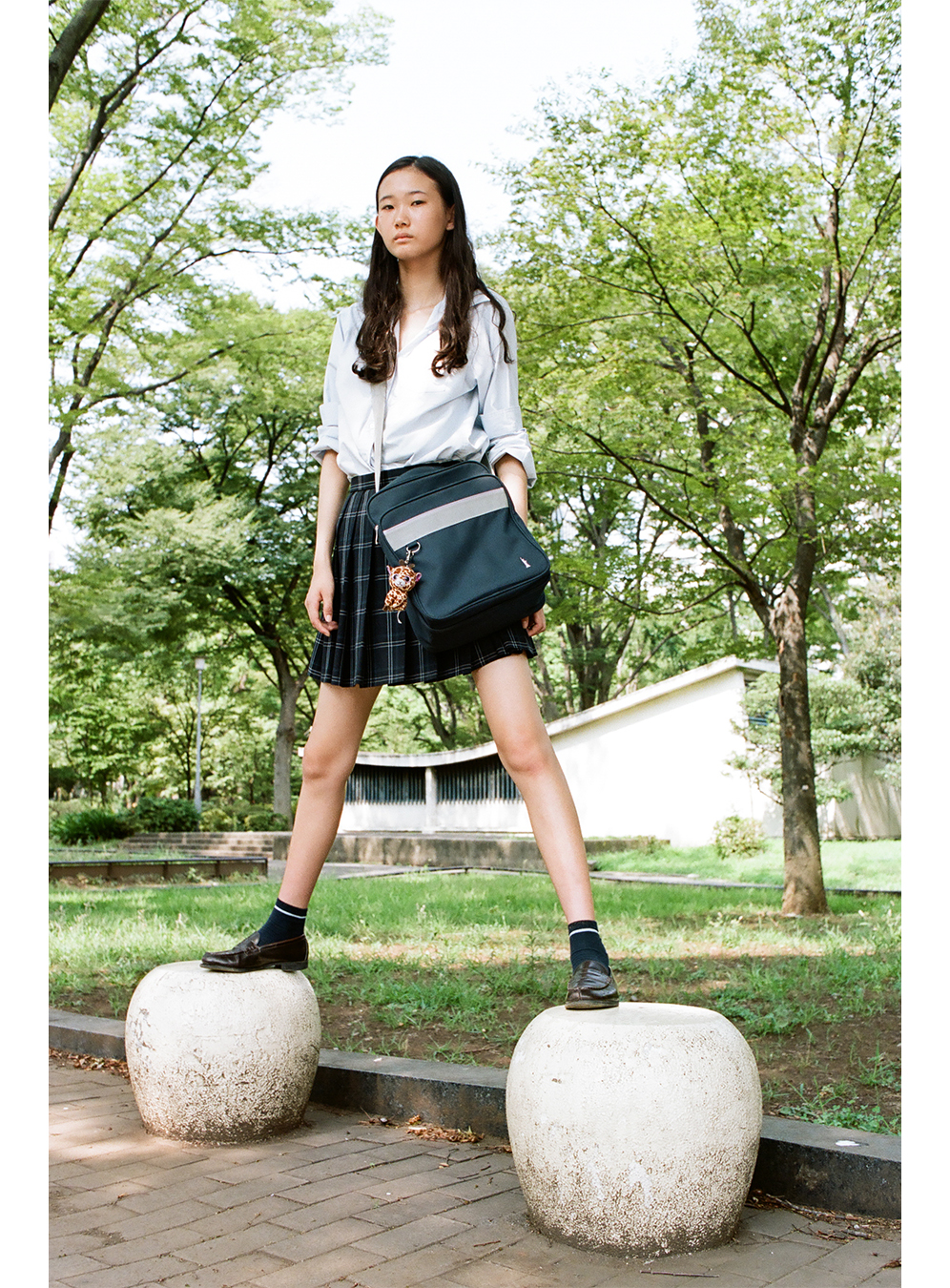
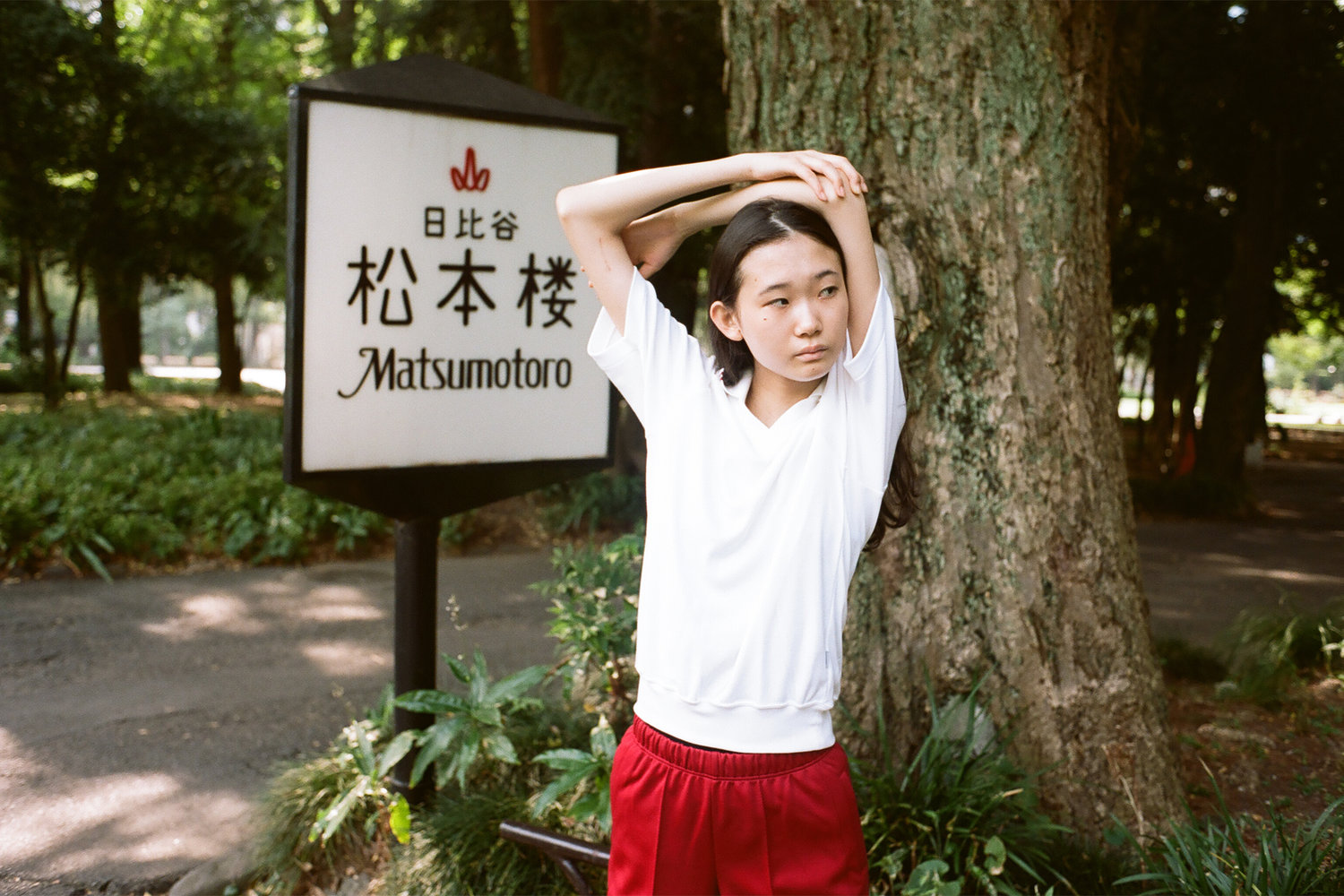
What does the next evolution look like?
Well, photographing teenagers is my passion. But recently, I’ve been photographing older people as well, and including landscapes and still lifes with the portraits. I like a documentary style.
I was going to ask why you don’t shoot elderly people for instance, who have so much more behind their eyes.
Everything that goes along with being a teenager is so fleeting—they have beautiful skin and don’t have to worry about their futures. They fall in love and think they’ll get married. There’s a freedom in the way you think as a teenager. They don’t need to think about making money and paying bills. So, that’s why I love this age, but then because they’re young, I always need to get permission from their parents, who are more like my age. And then I’d meet their grandparents. So, now I’m photographing them, as well. And especially living in New York, I’ve met a lot of people from different nationalities and backgrounds. Like, I photographed this Russian family in Brighton Beach. The parents moved from Russia in the ’80s, but their kids are American and they all speak Russian to one another. And their grandparents came from Russia, but they don’t speak English even after living here for 40 years.
When you spend time with the girls, do you ever give them advice? In a way, especially with the Japanese girl, it’s like you can speak with your younger self.
Well the girls already have their own strong opinions. I don’t want to push them to think another way. I respect who they are. At the same time, if they ask me for my opinion about boys or what to wear or how to do makeup, I always give them opinions. One of the sisters is into art and asked me how I began my career. So, I tell her to do whatever she wants, to express herself. For my first book, I photographed over 200 kids over seven years. Some asked my advice about life, parents, sisters and brothers or girlfriends and boyfriends. I give them advice, but I don’t push them too much. I’m just happy to listen to their stories.
What do you learn from them?
To remember how I was when I was younger—I was very pure and I trusted everyone and respected everyone. And now, like with anyone who grows up, it’s not all about myself. You have to live and you have to work. There’s some pureness and truth in my photography. They’re raw and real and I think that comes from how I communicate with them. I think it’s very important for my photography. I want to be innocent—I want to be pure.
How do you define honesty and purity?
For instance, kids in New York have a lot of information for everything. Compared to people in the small towns, the kids in the cities are already grown up. They know more. And sometimes they have attitudes. Sometimes they’ve already worked with some other photographers on their projects. And they’ll ask me how much I’m going to pay them. So, I try to explain to them that this is my art project—it’s not about money. I will show them my work and most of the time they’ll understand and agree to work with me.
How do your parents feel about your work?
Well, I do not come from an art family so it was hard to make them understand about art and fashion and photography. I don’t think they understand my work. If they see photos of flowers or landscapes, they think those are beautiful pictures to hang on the wall. But I photograph mostly people, so they don’t really hang any of my photos up in their house. But they’re just happy that I’m doing well and they’re supportive. And my mom is obsessed with Instagram, so whatever comes out she reposts and tells people to buy my books.
'Teenage Riot' is available now at the office Newsstand.
